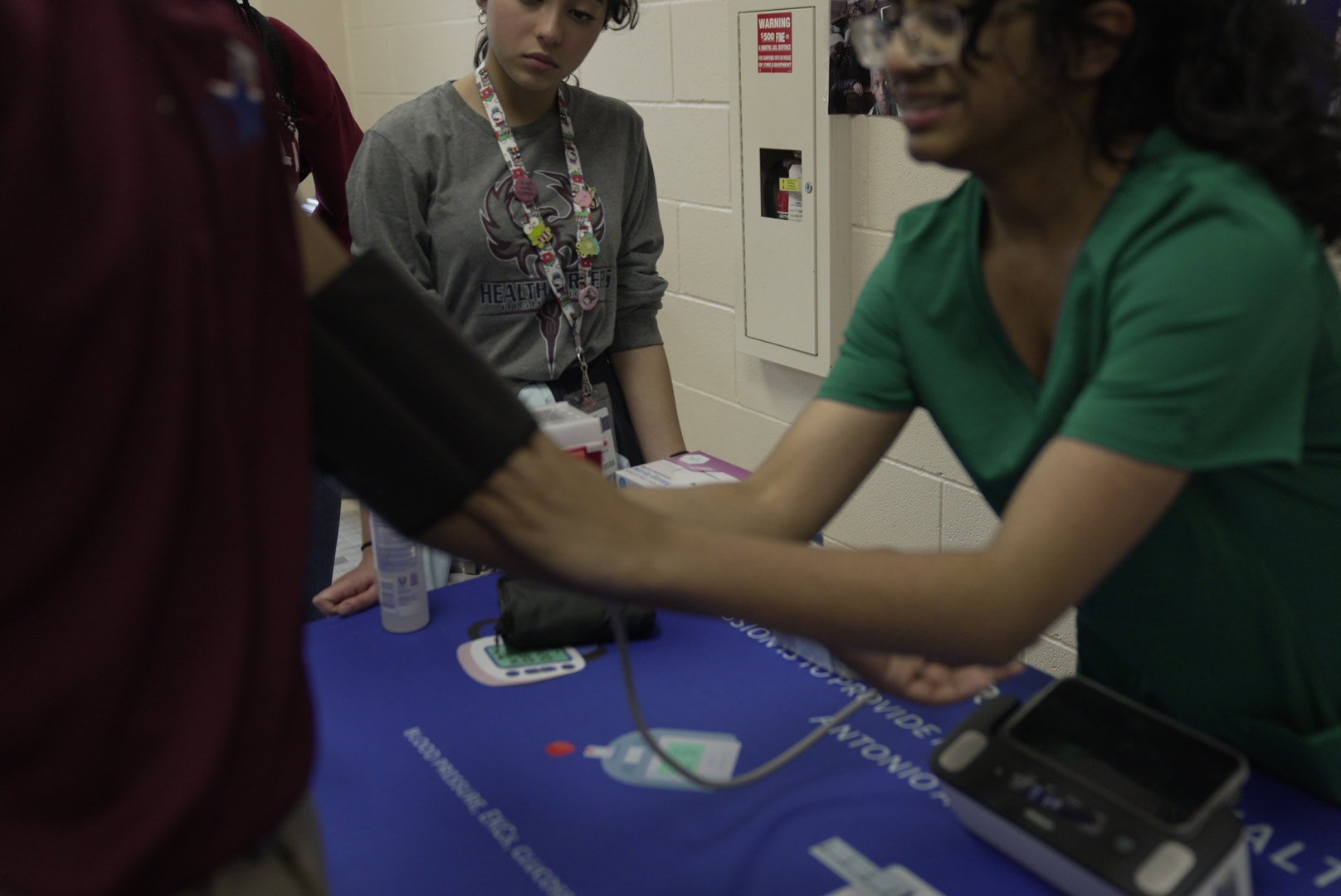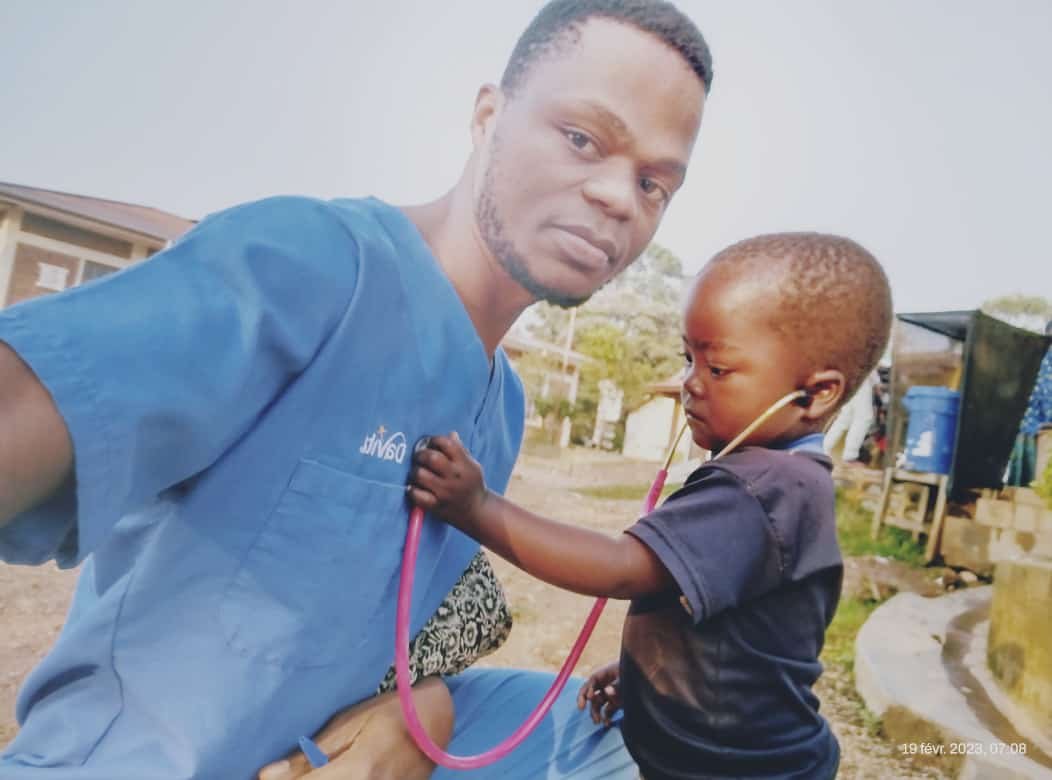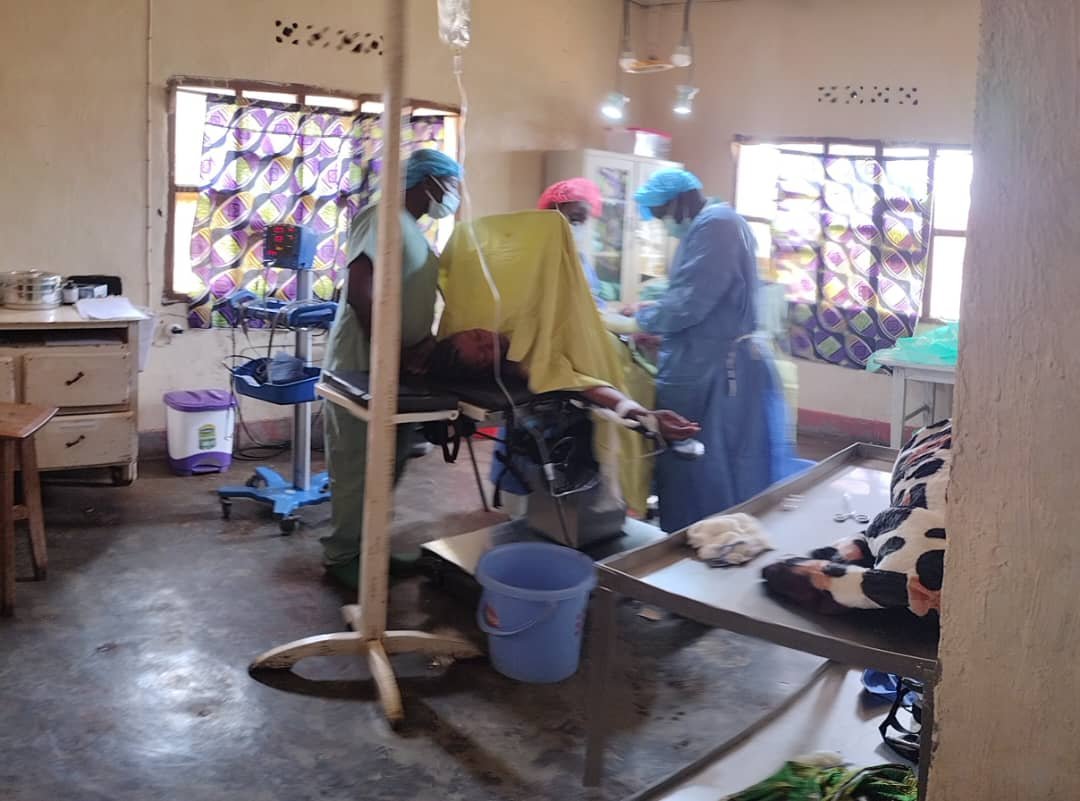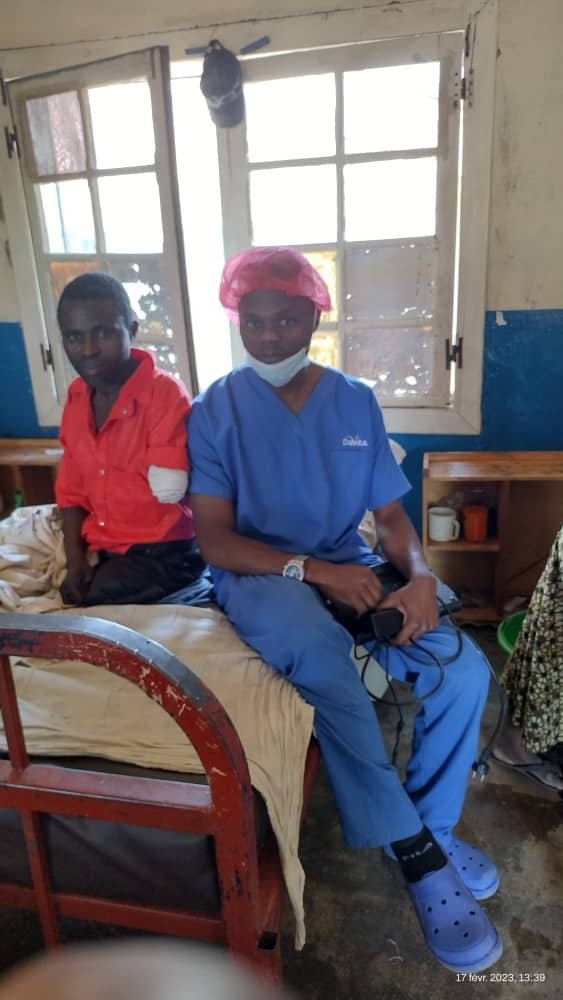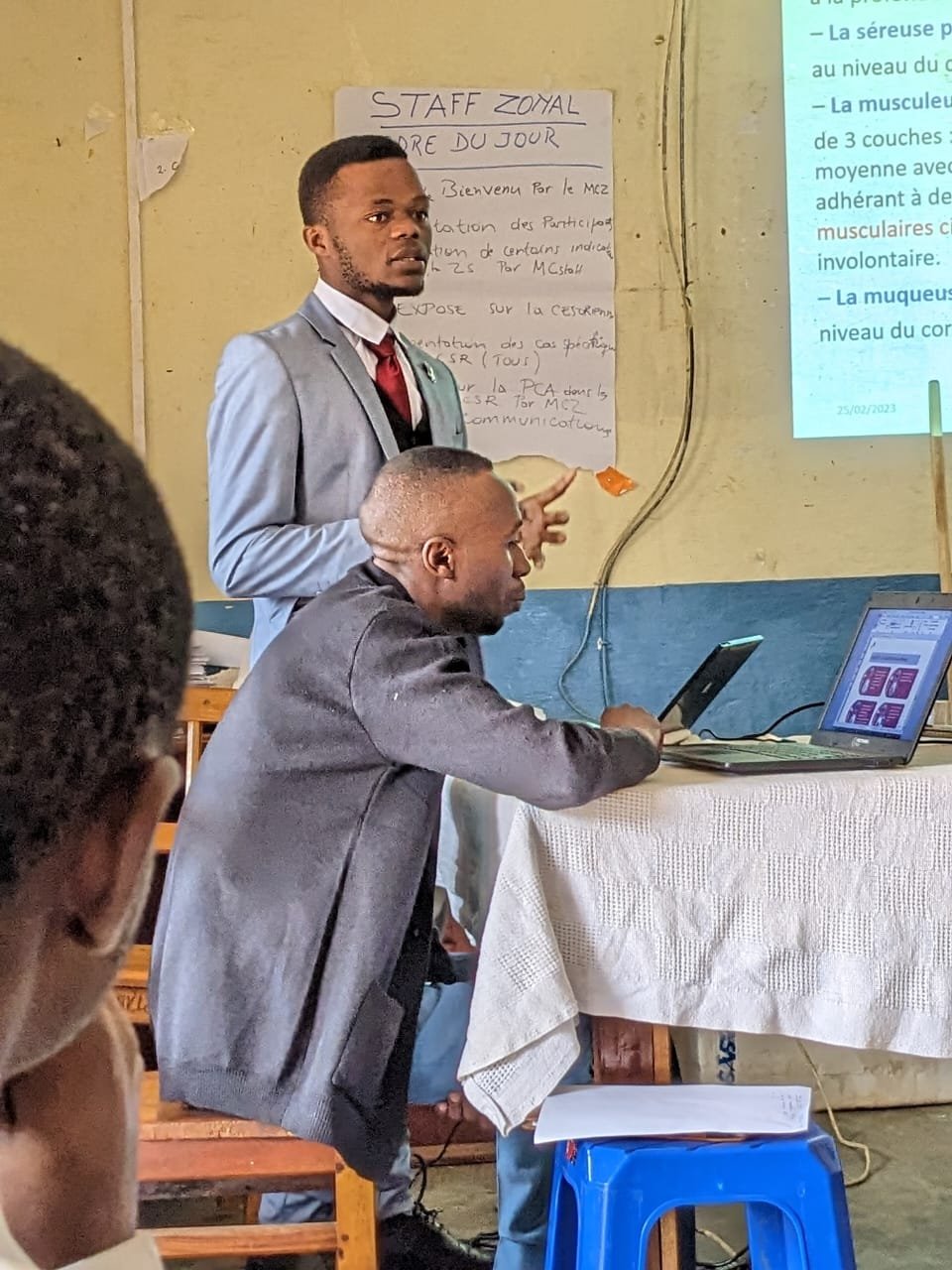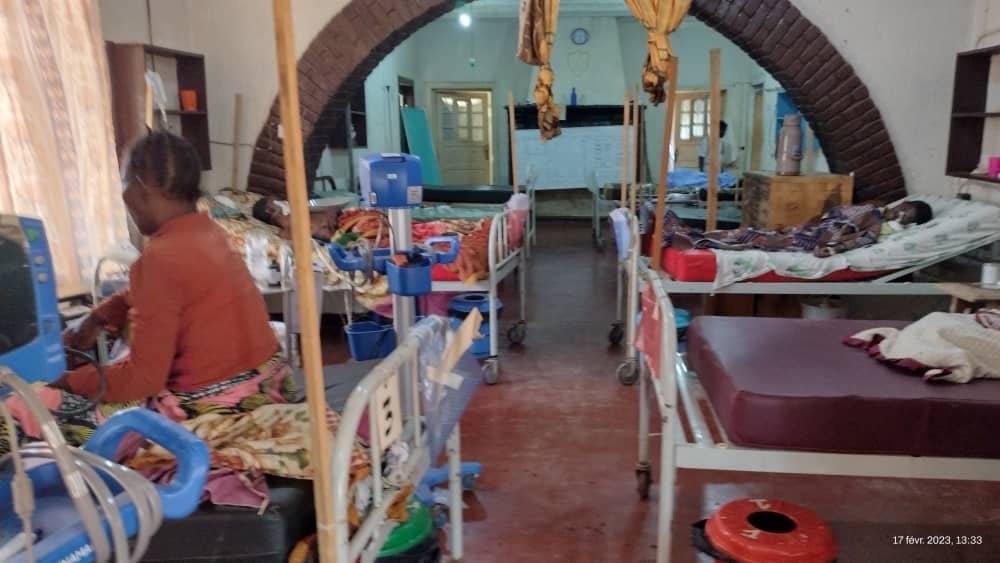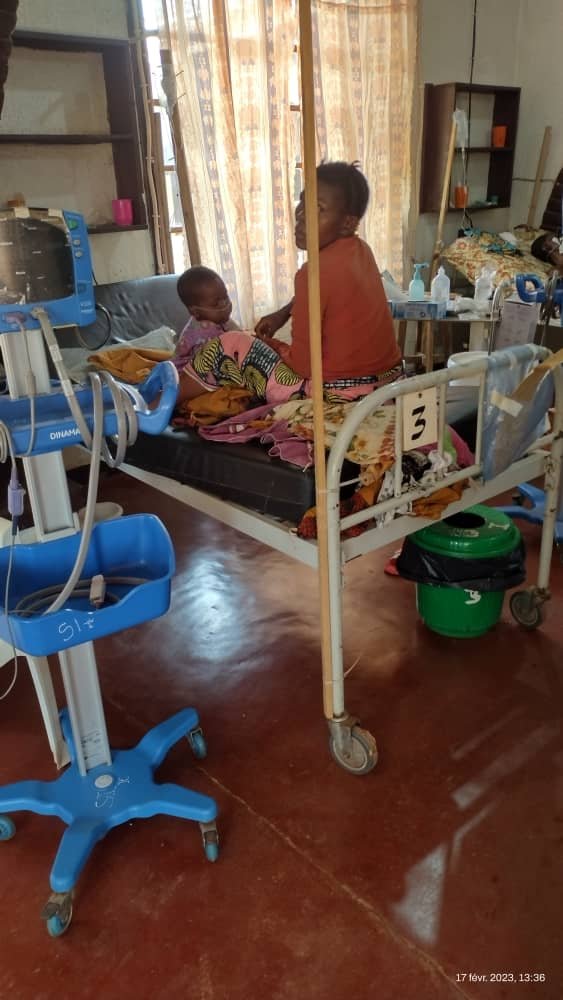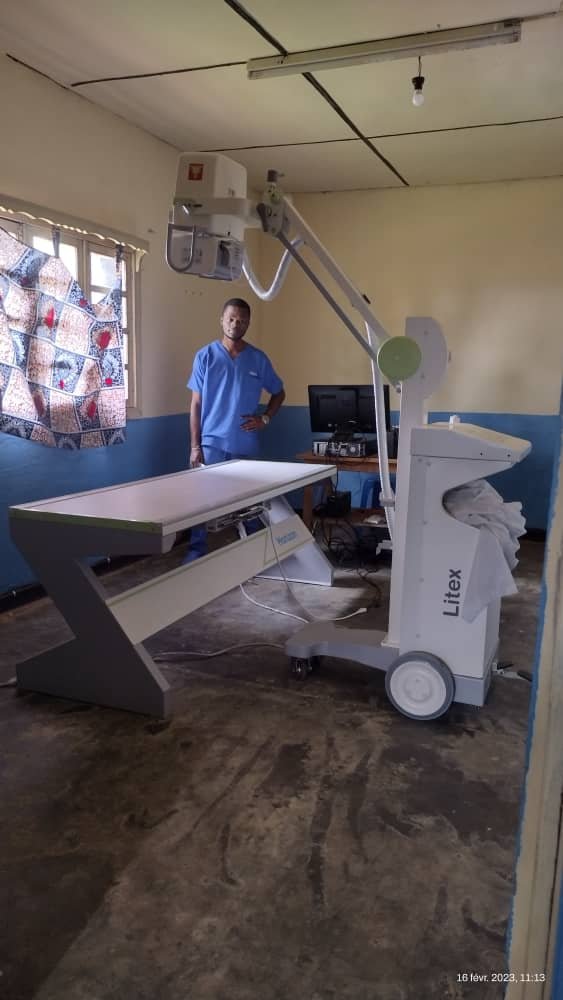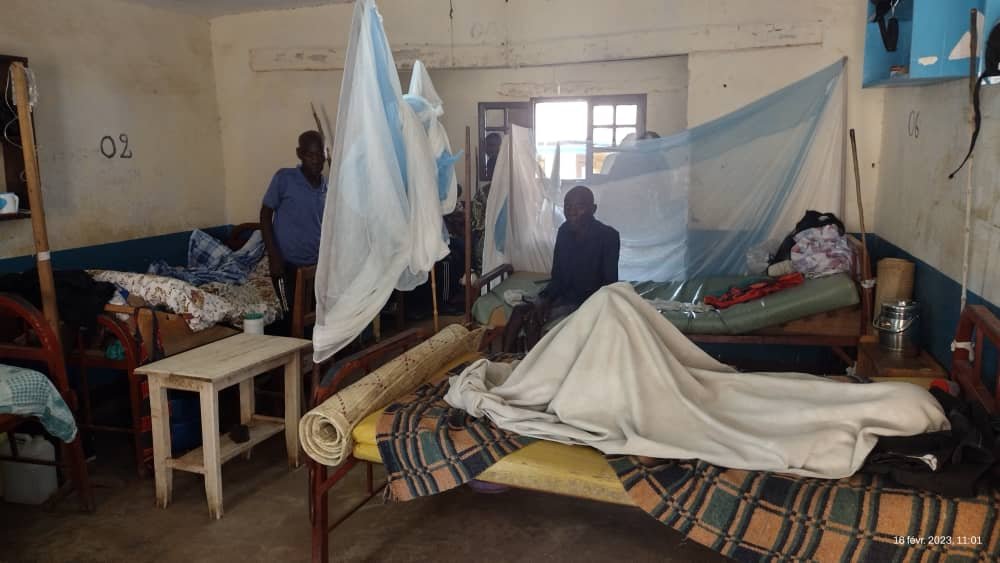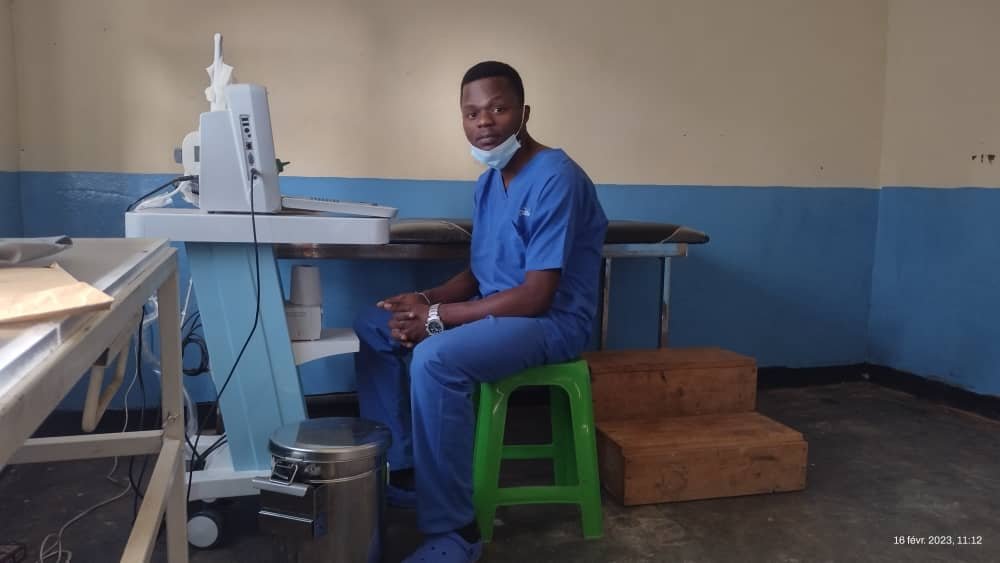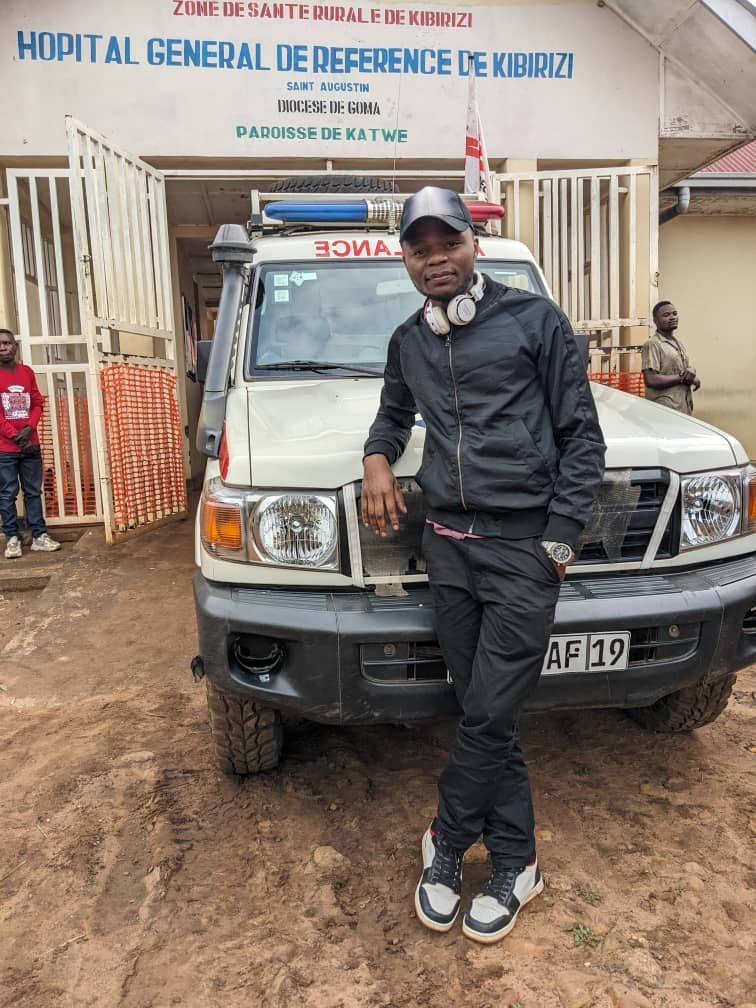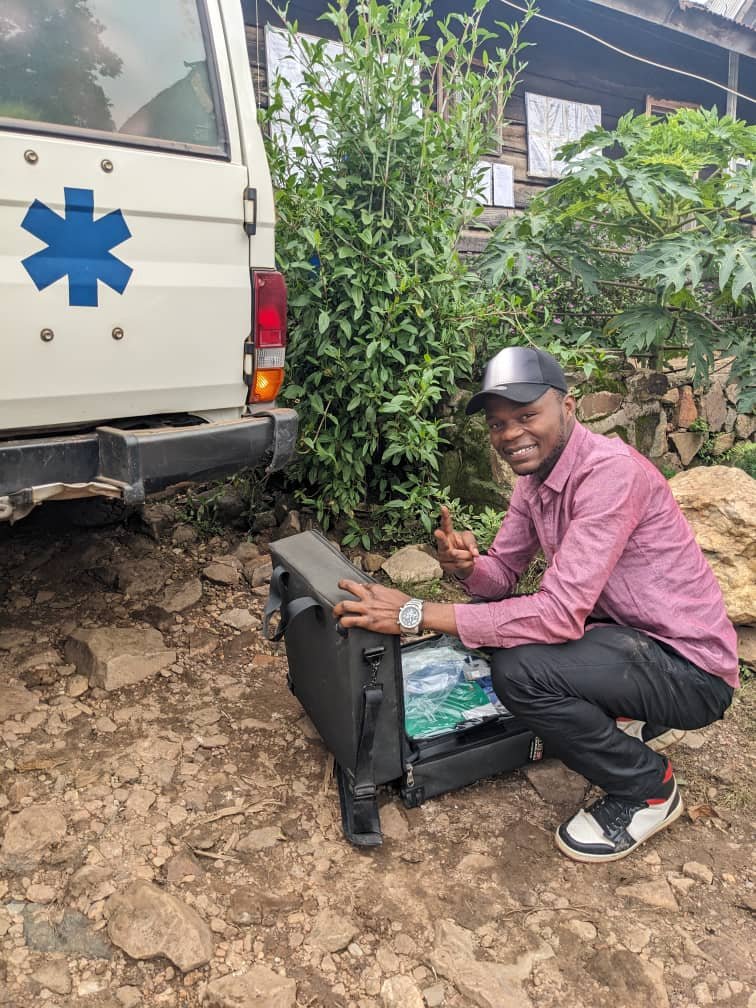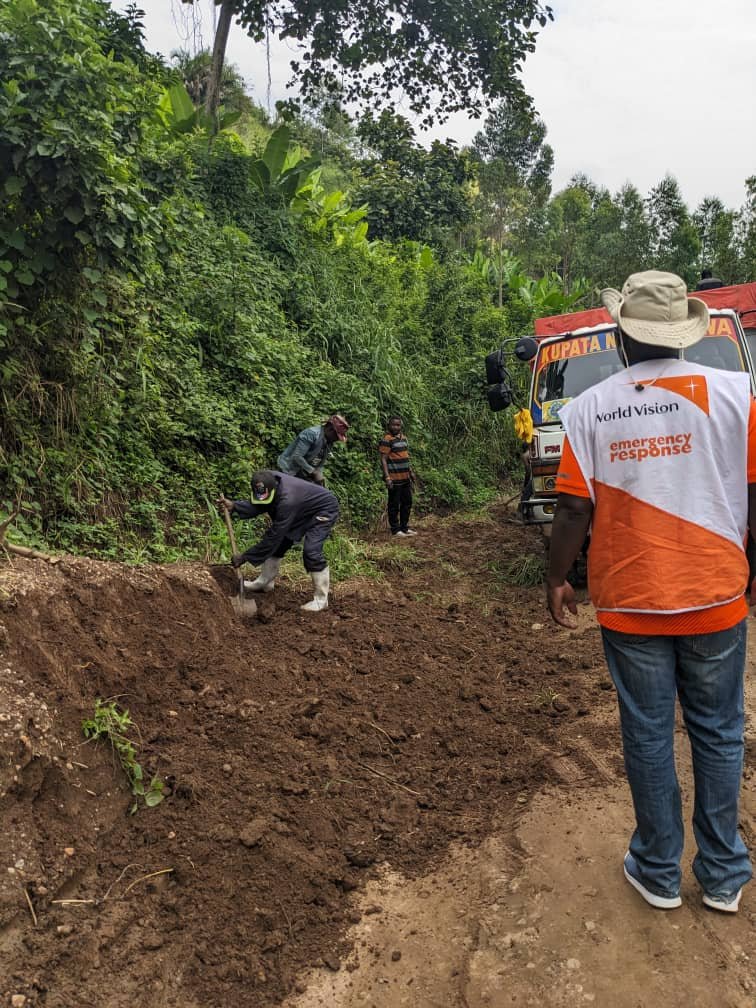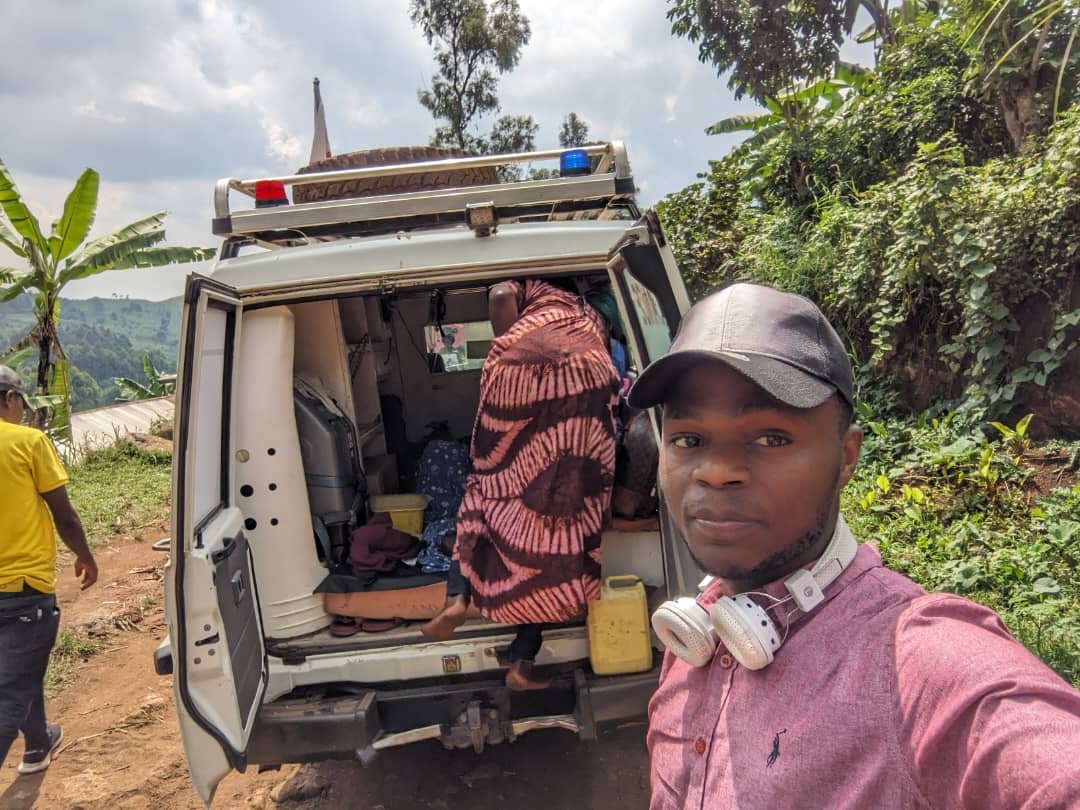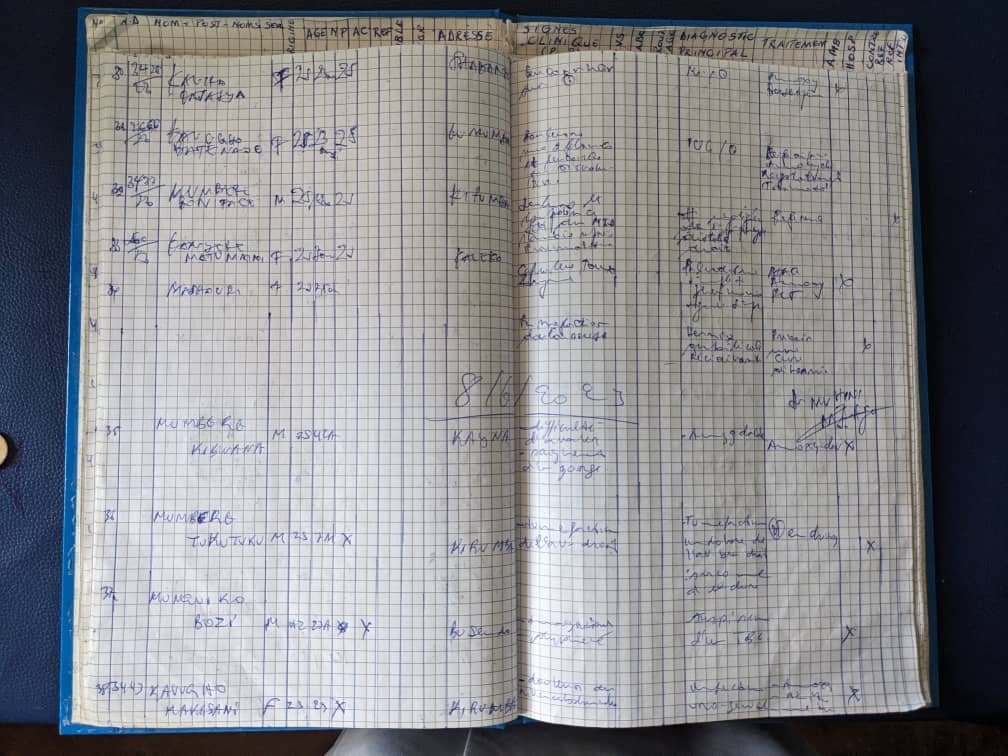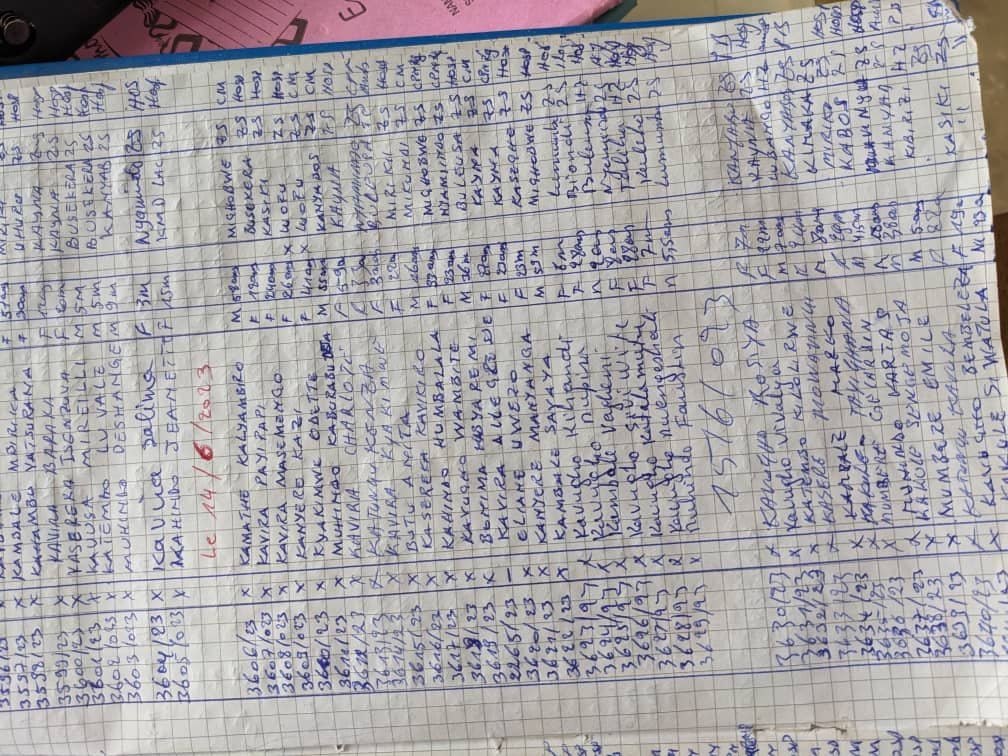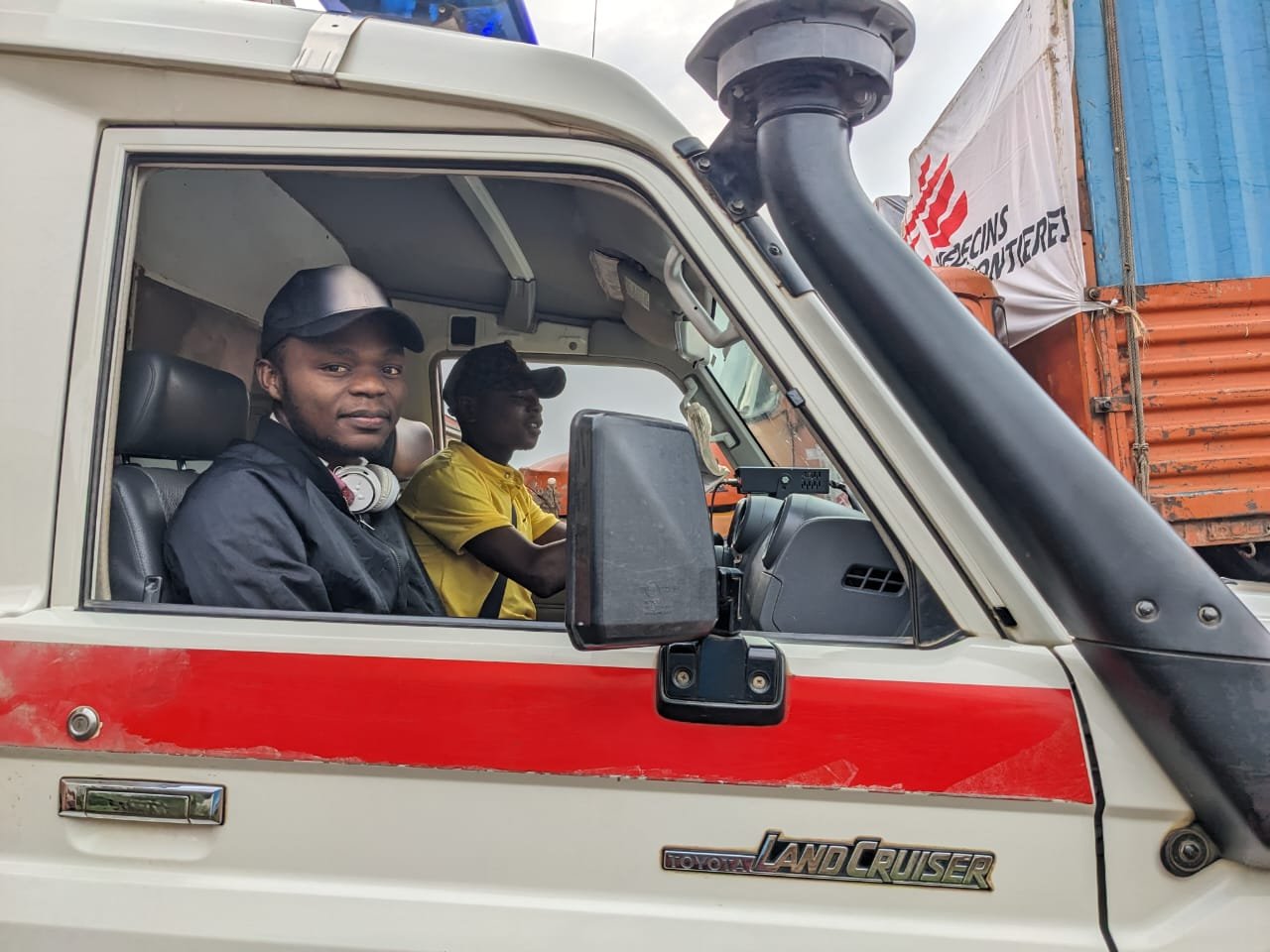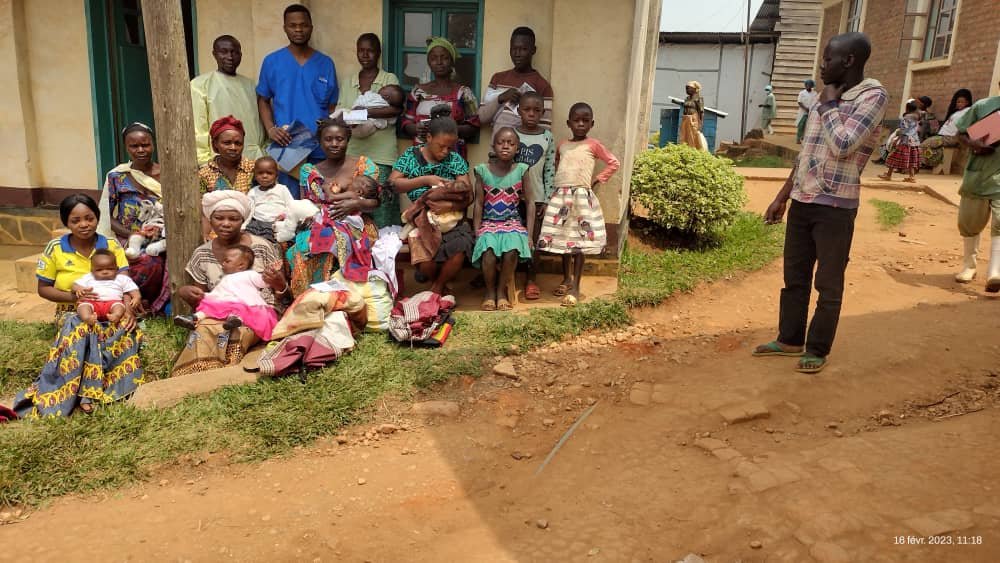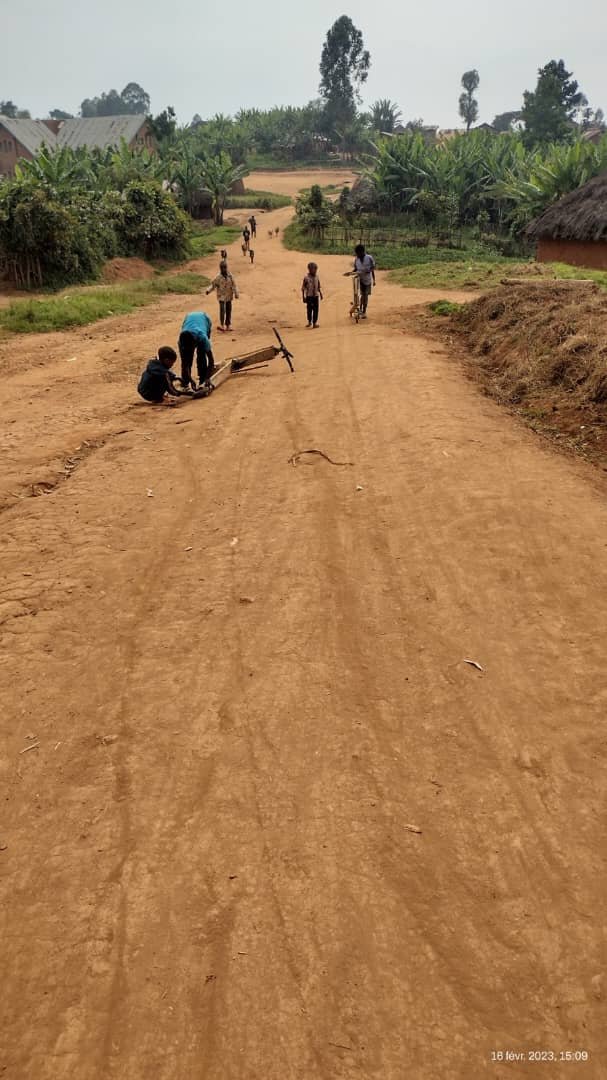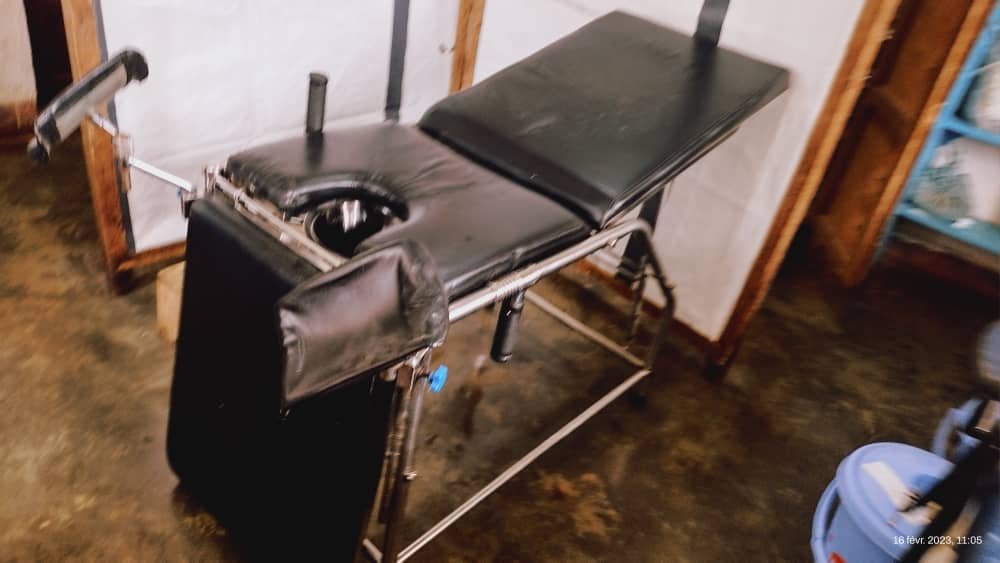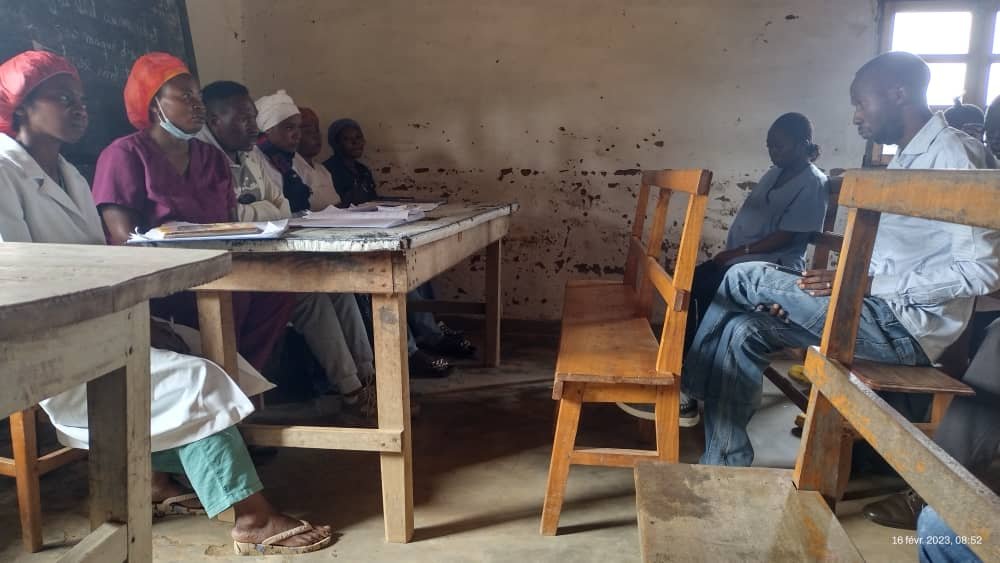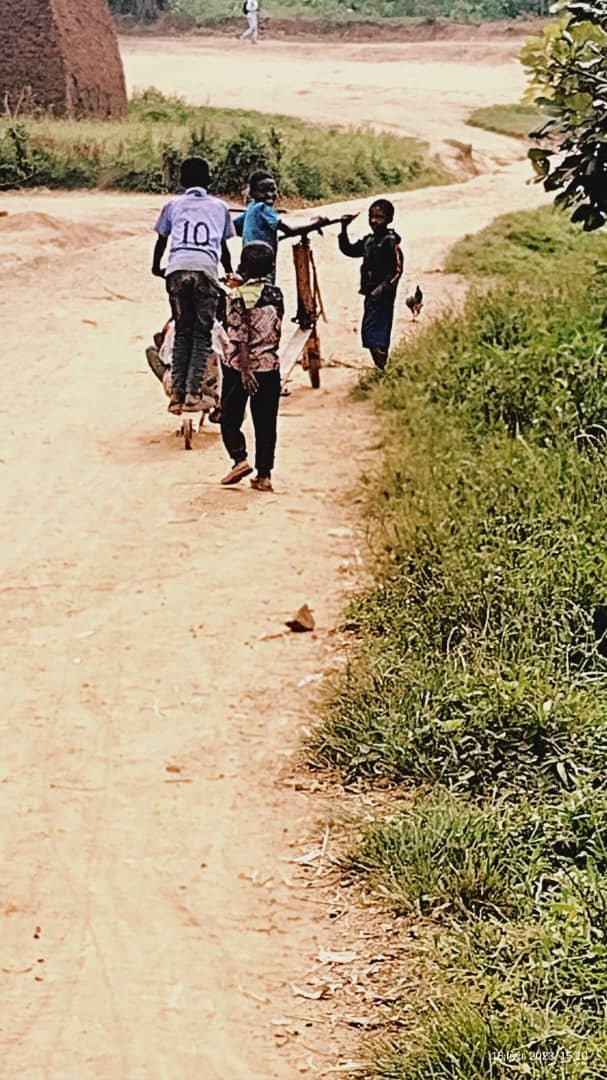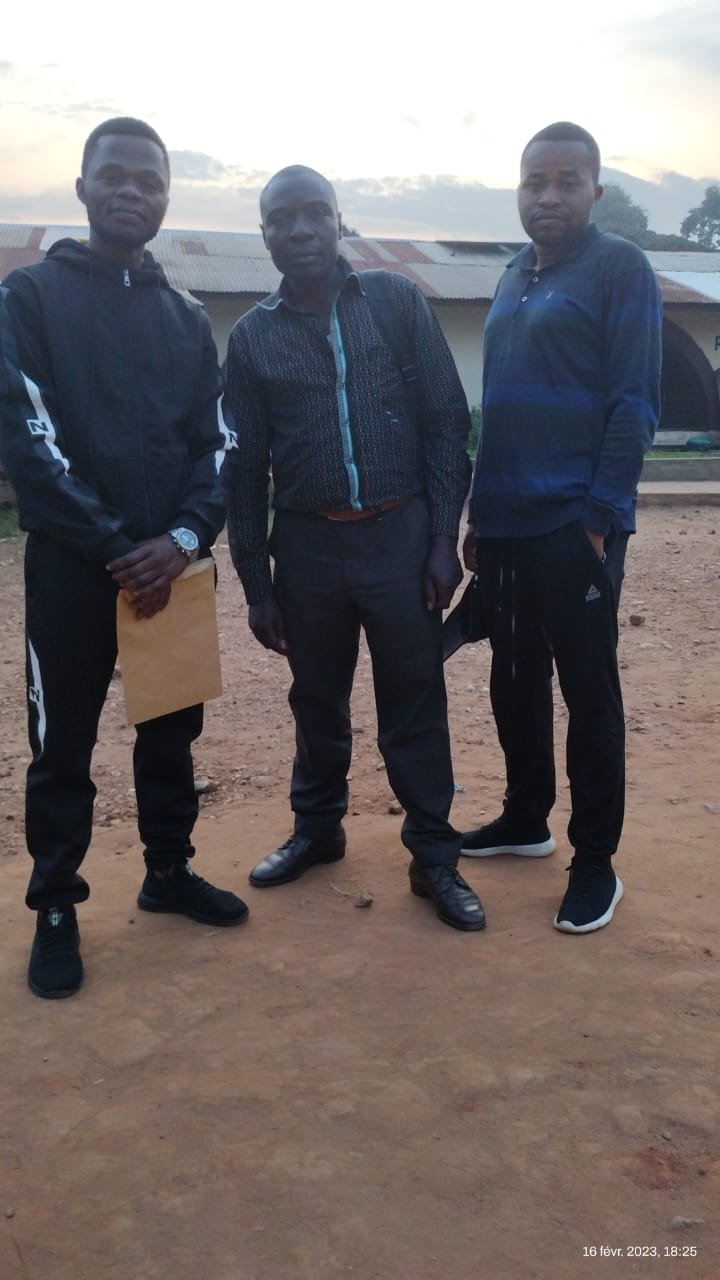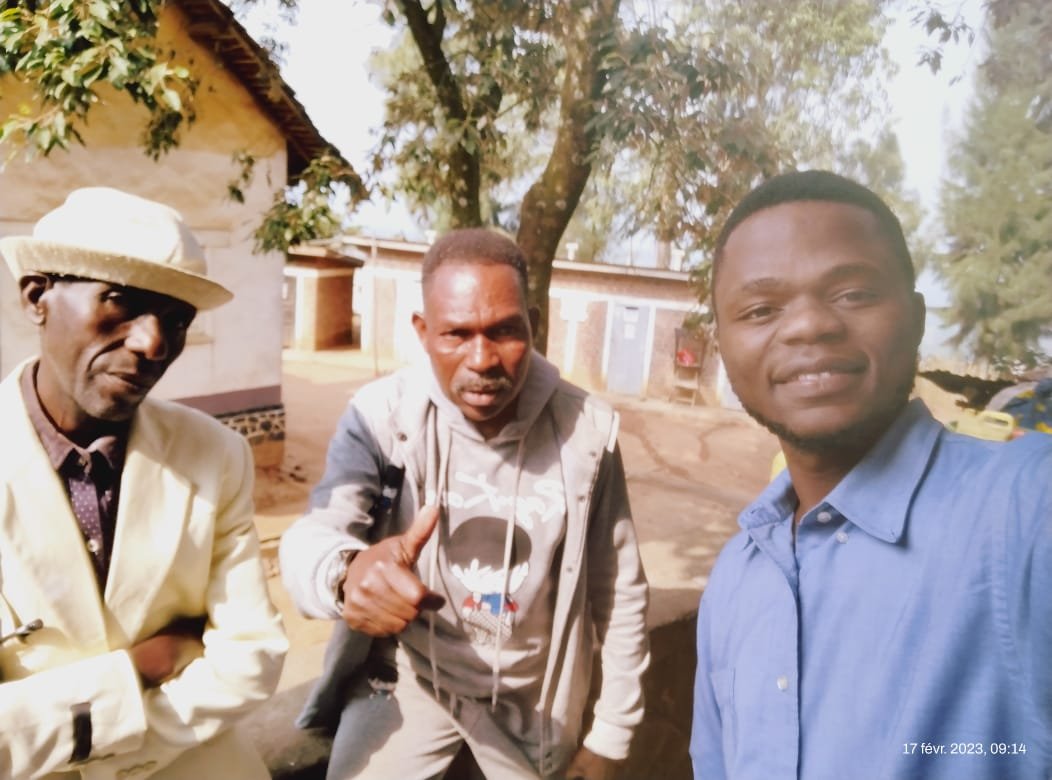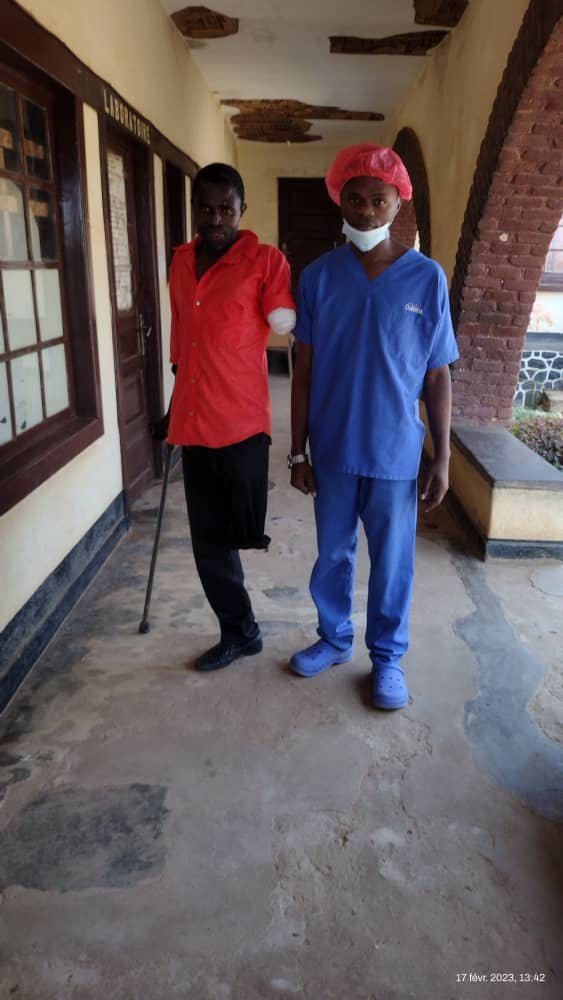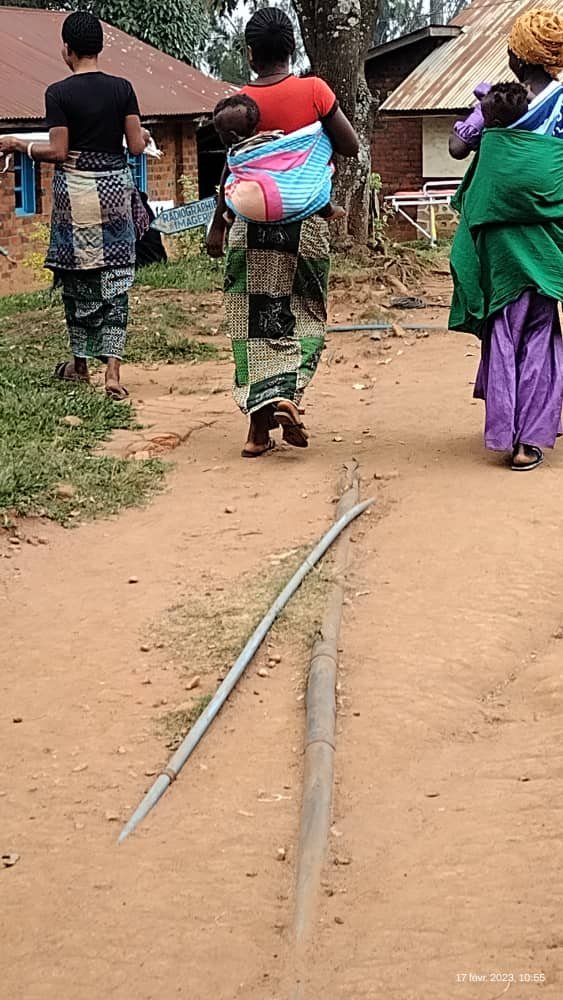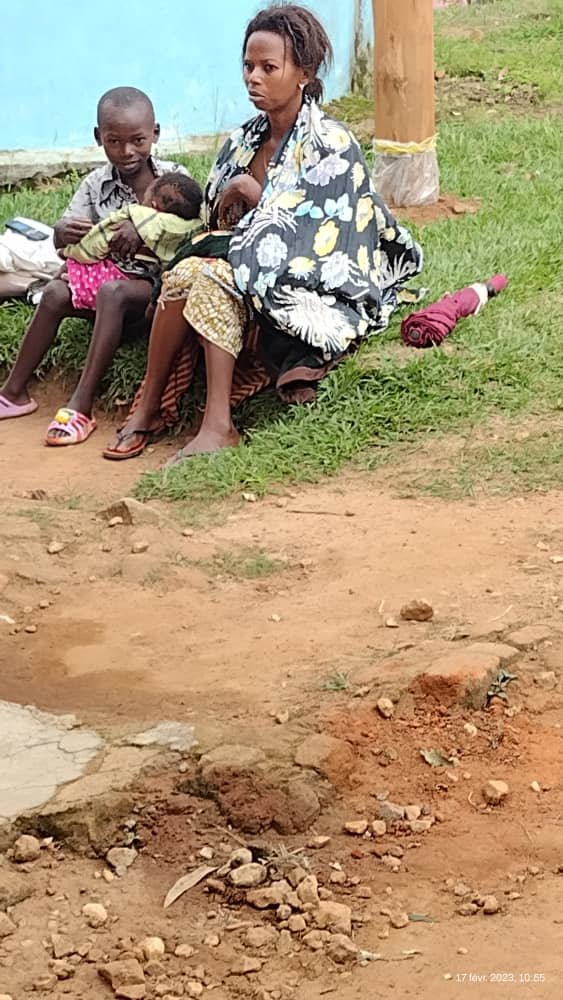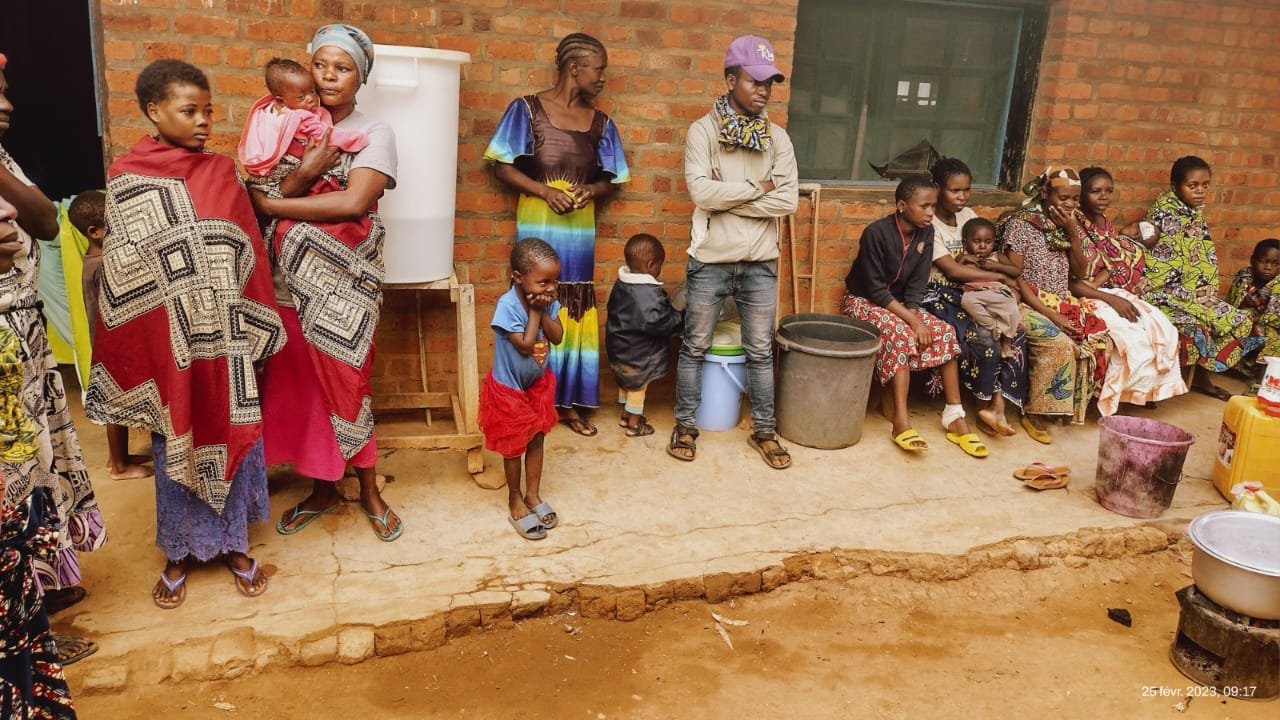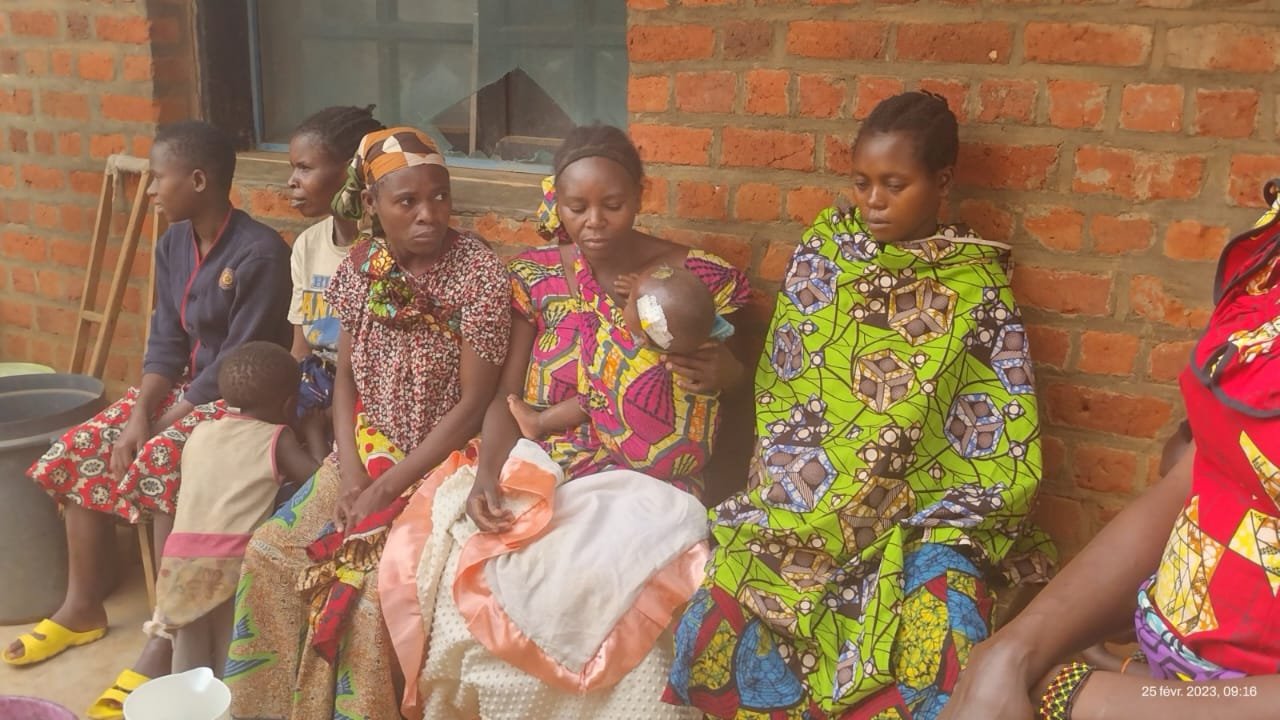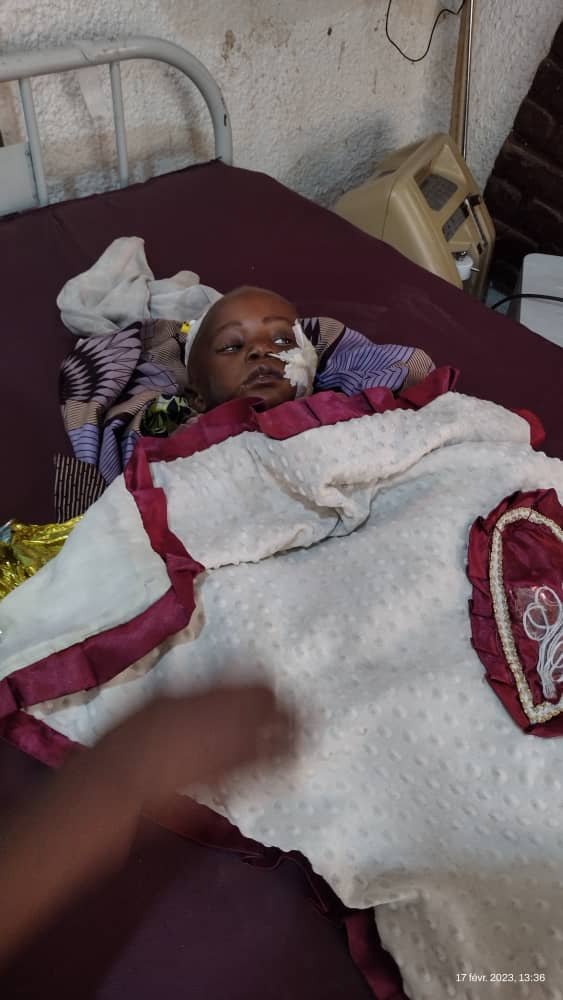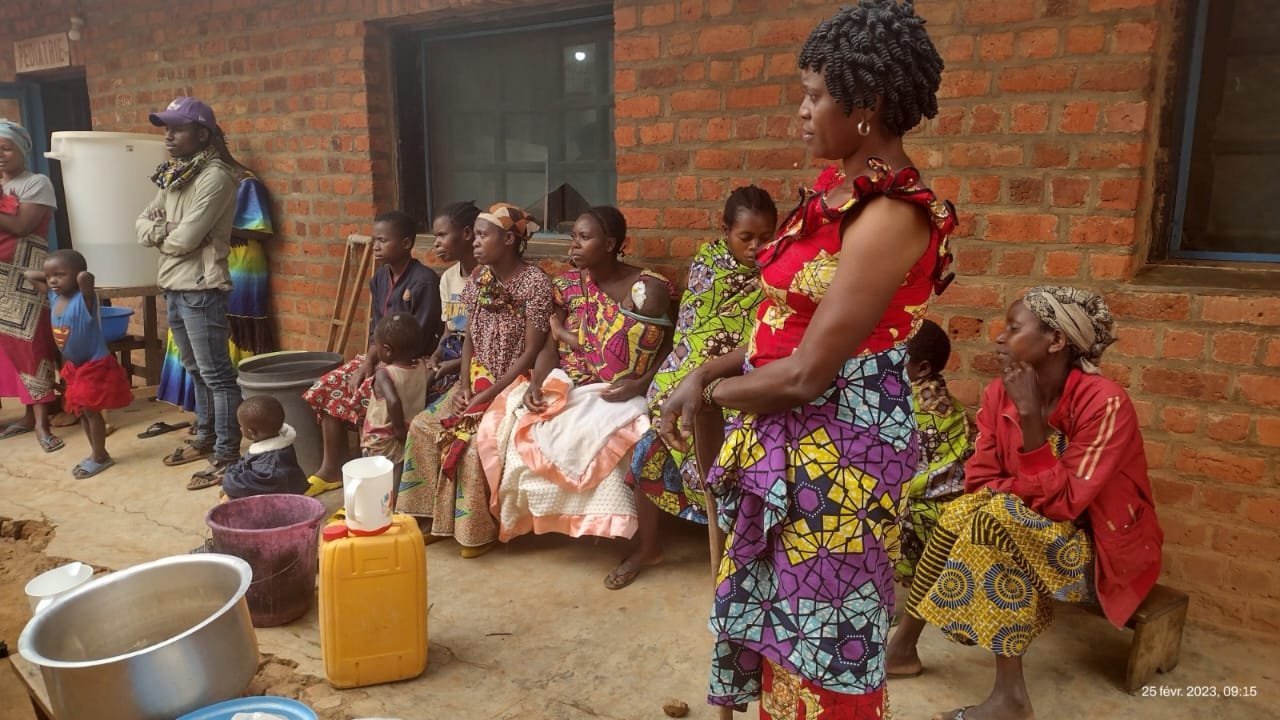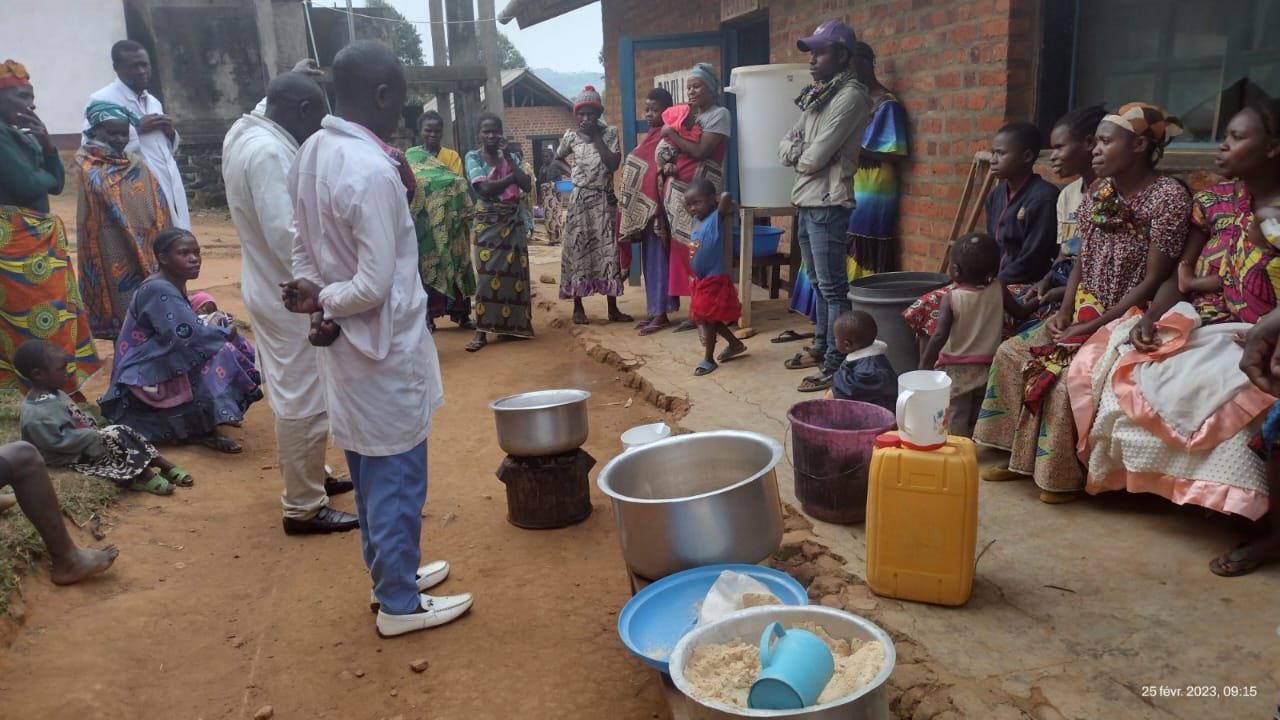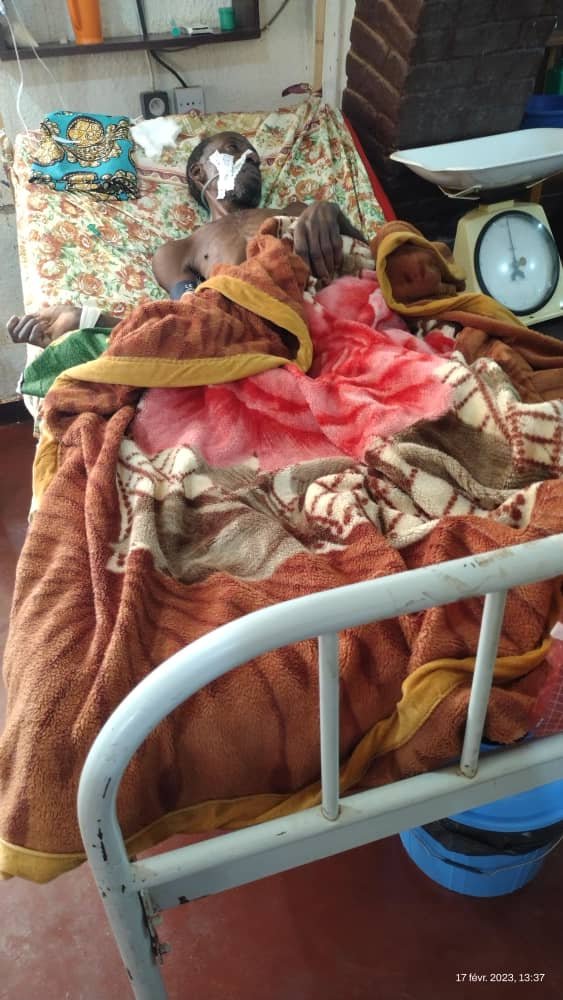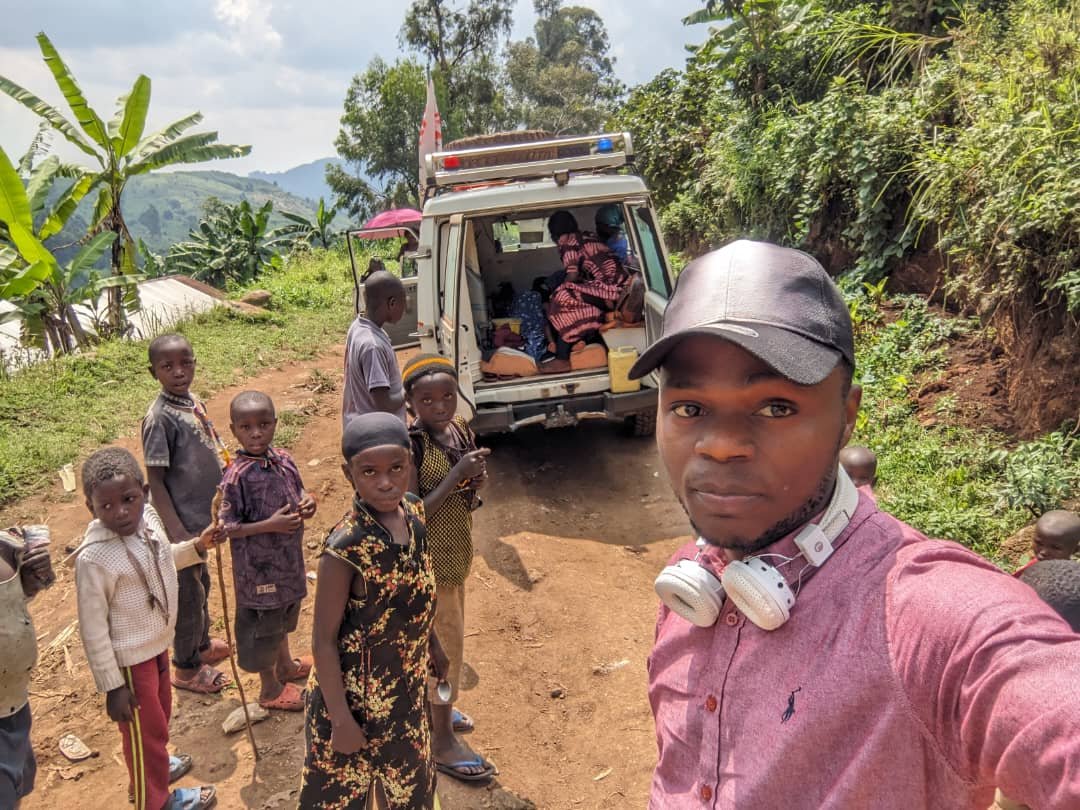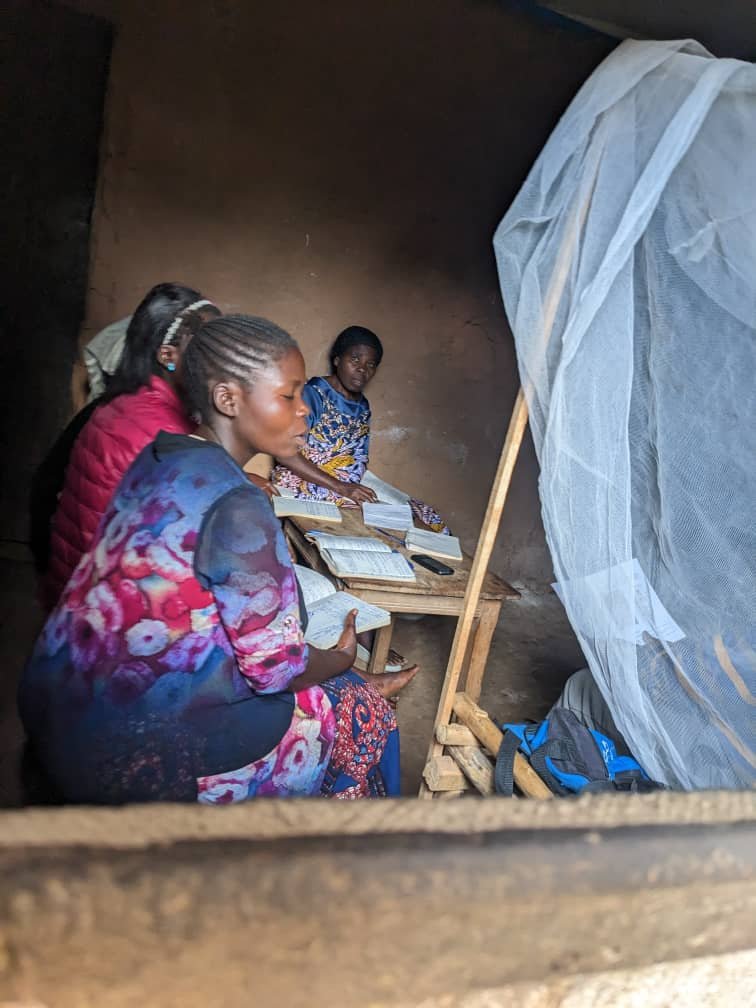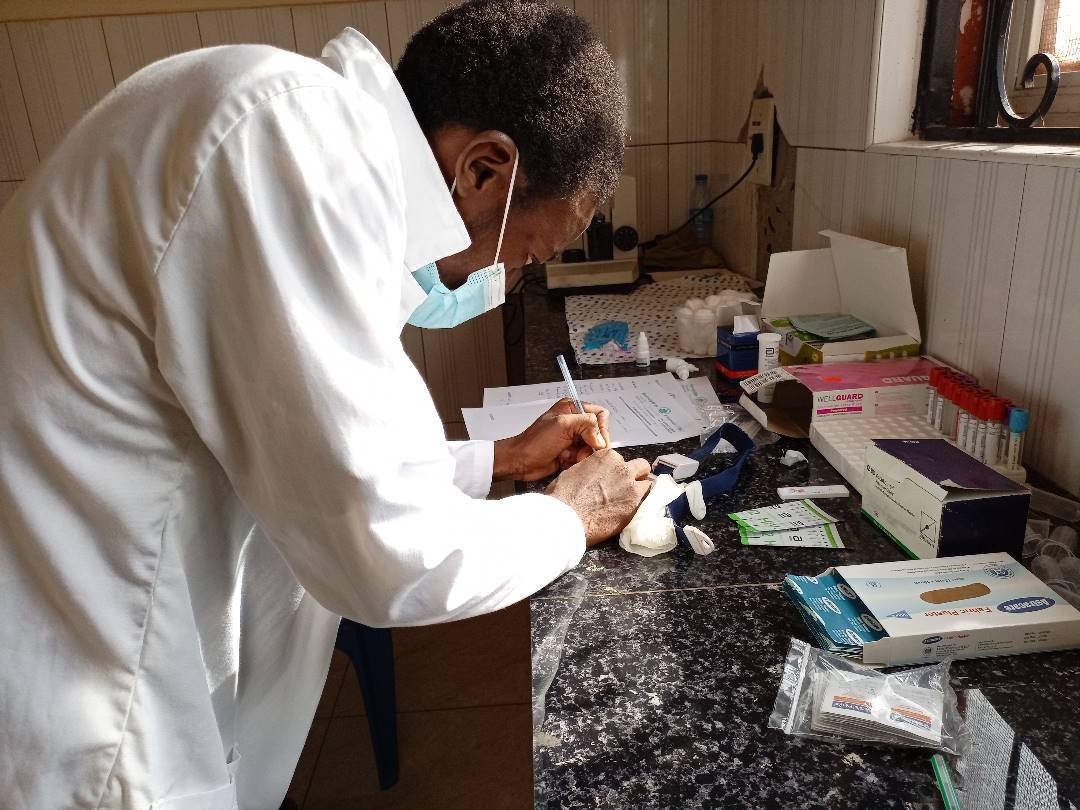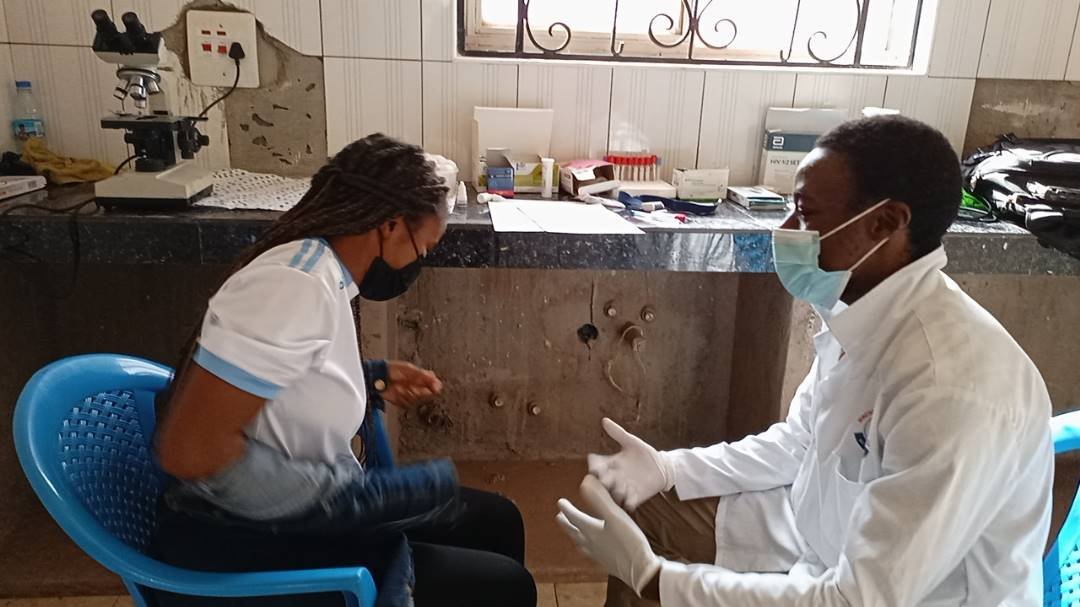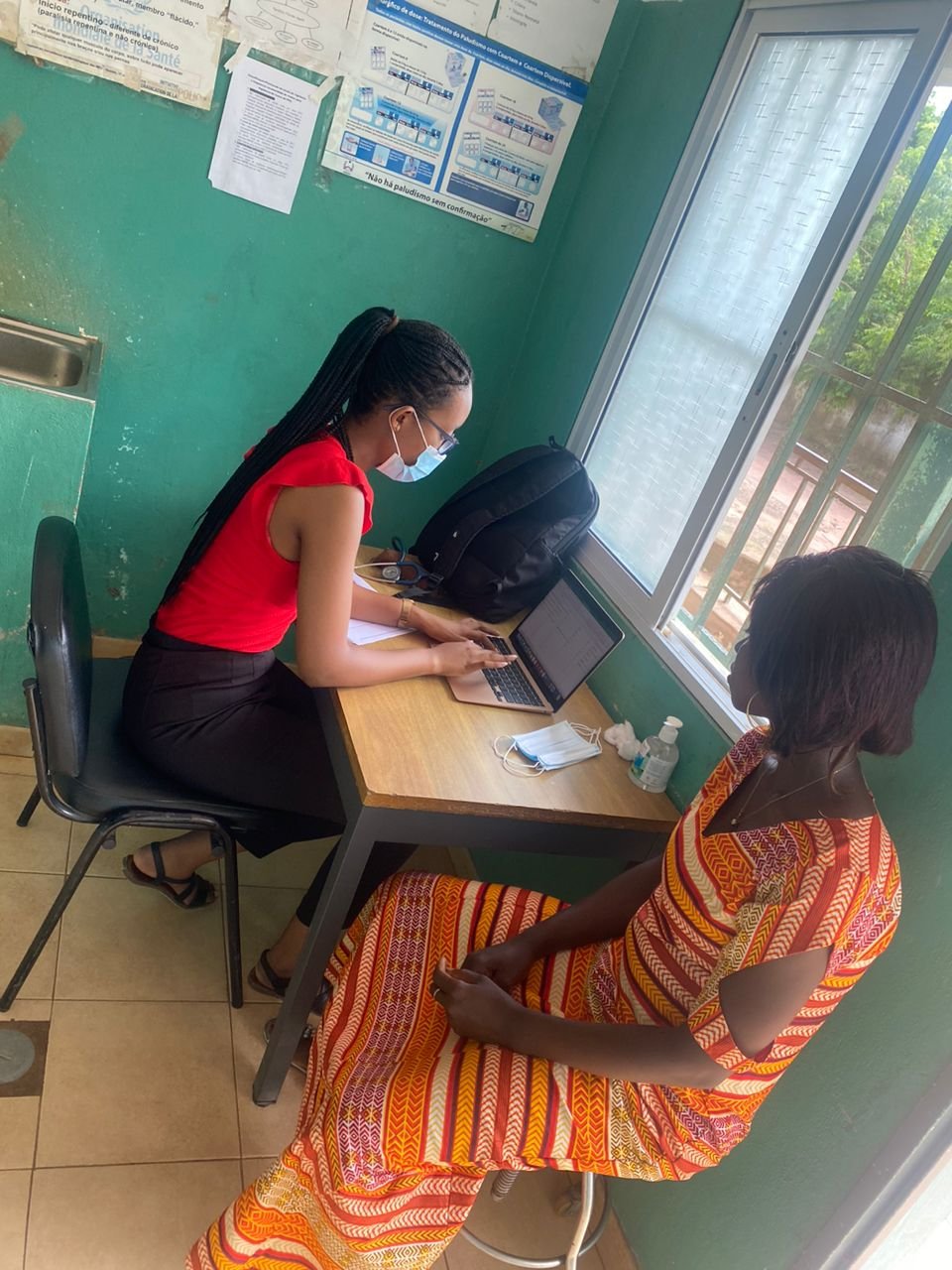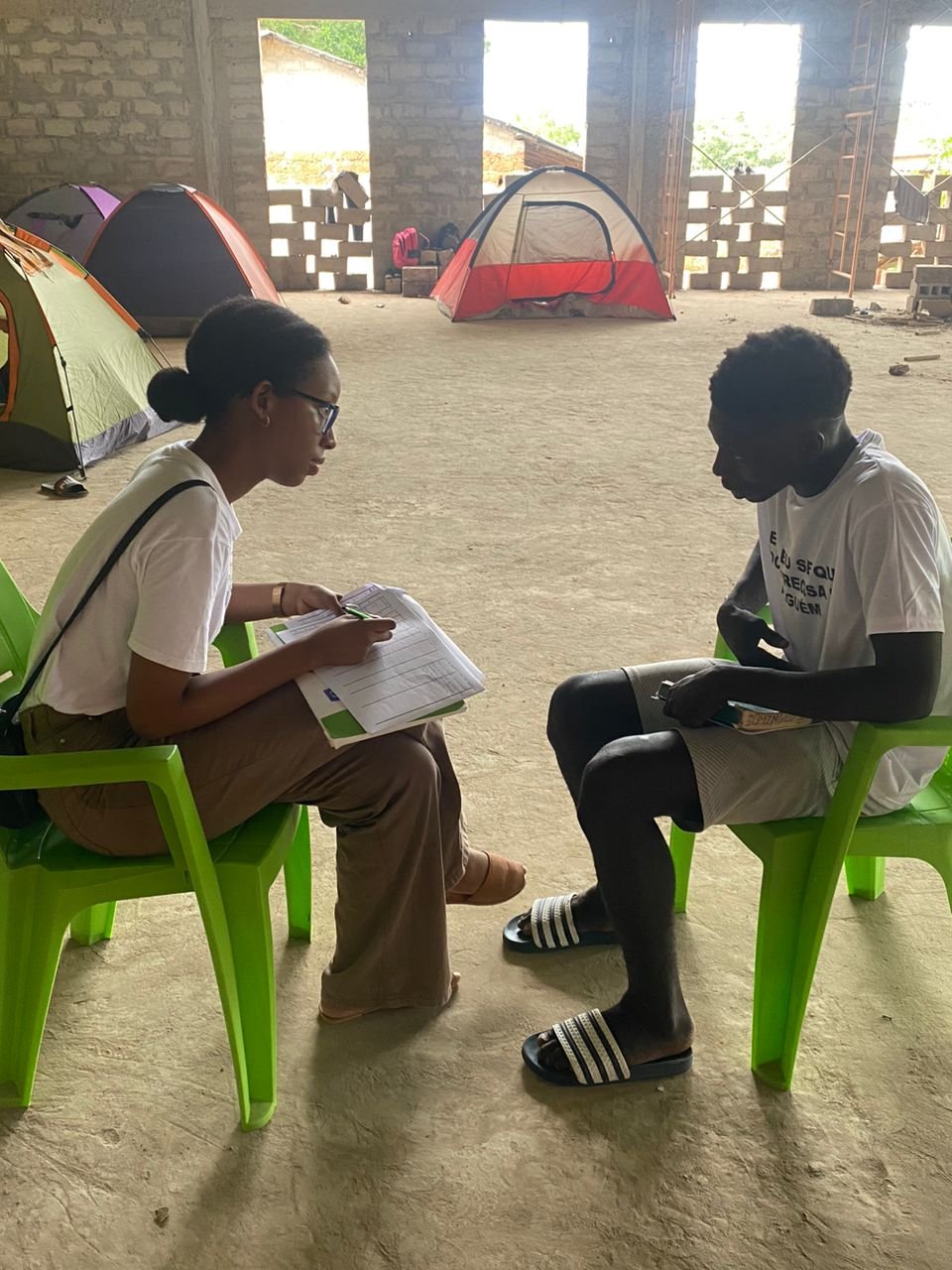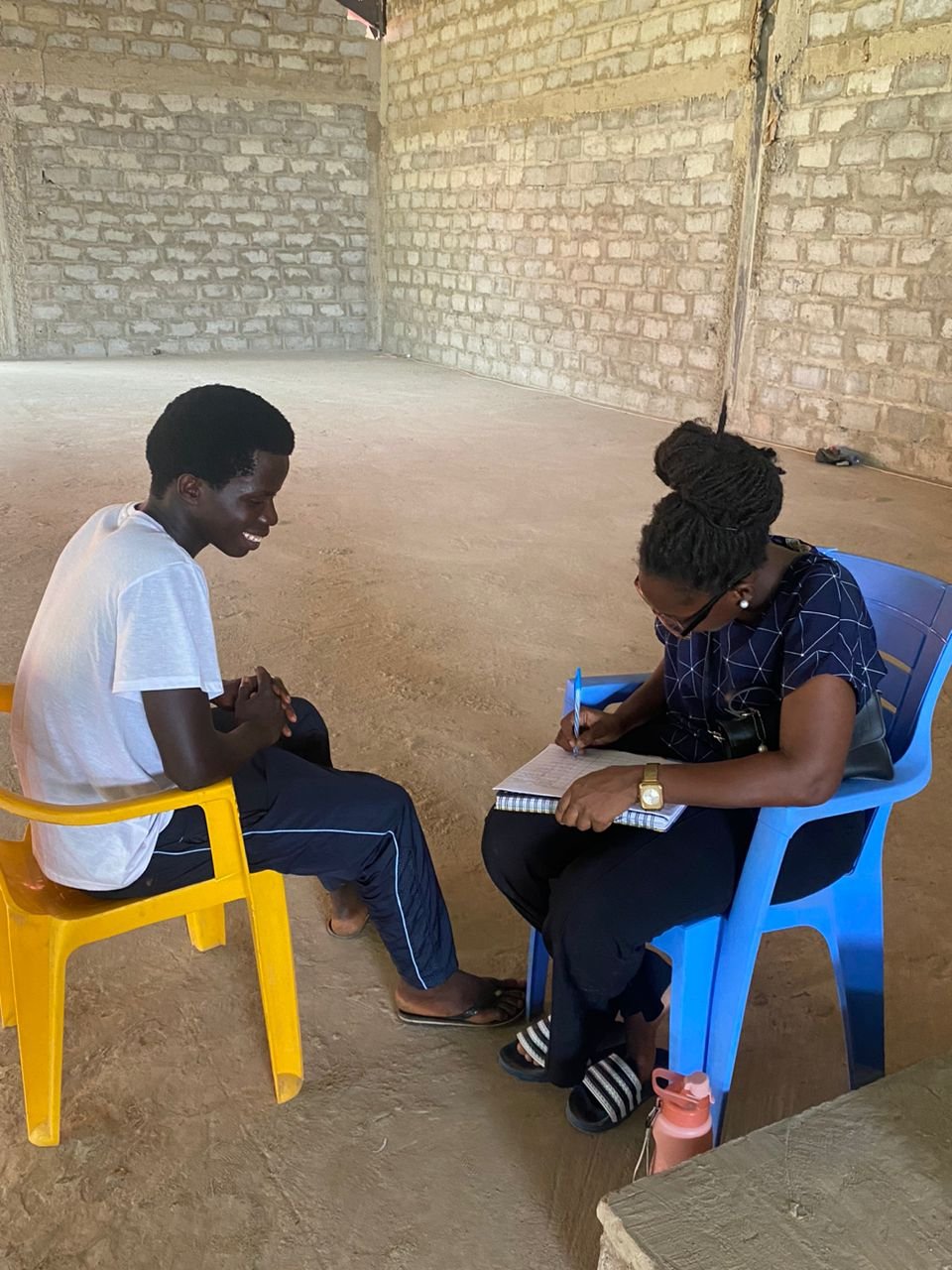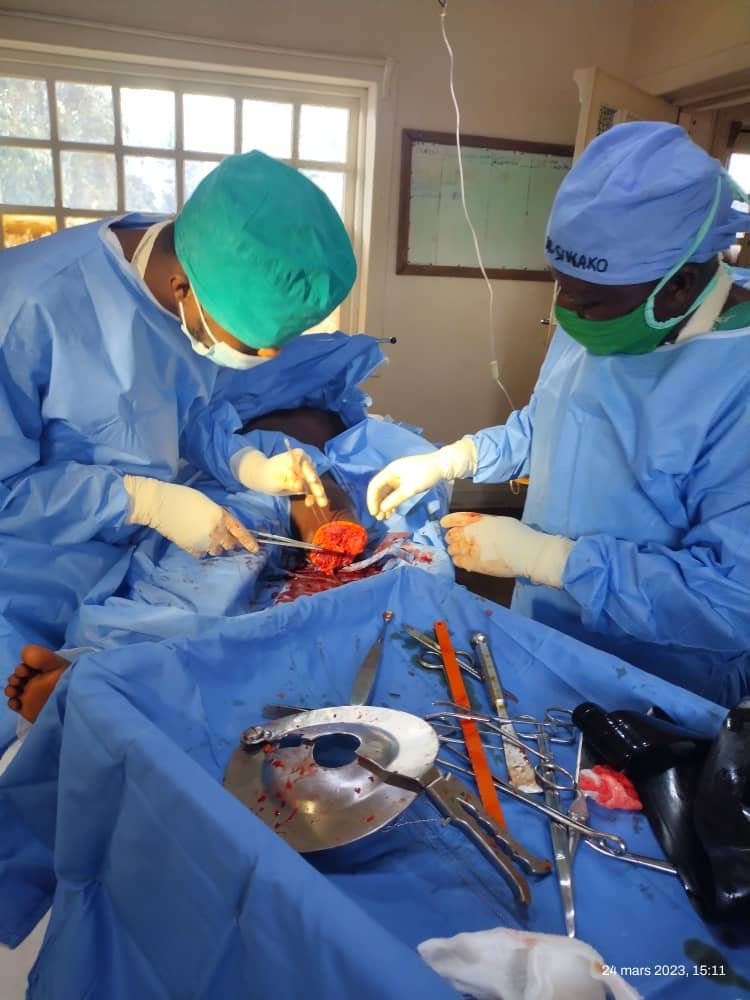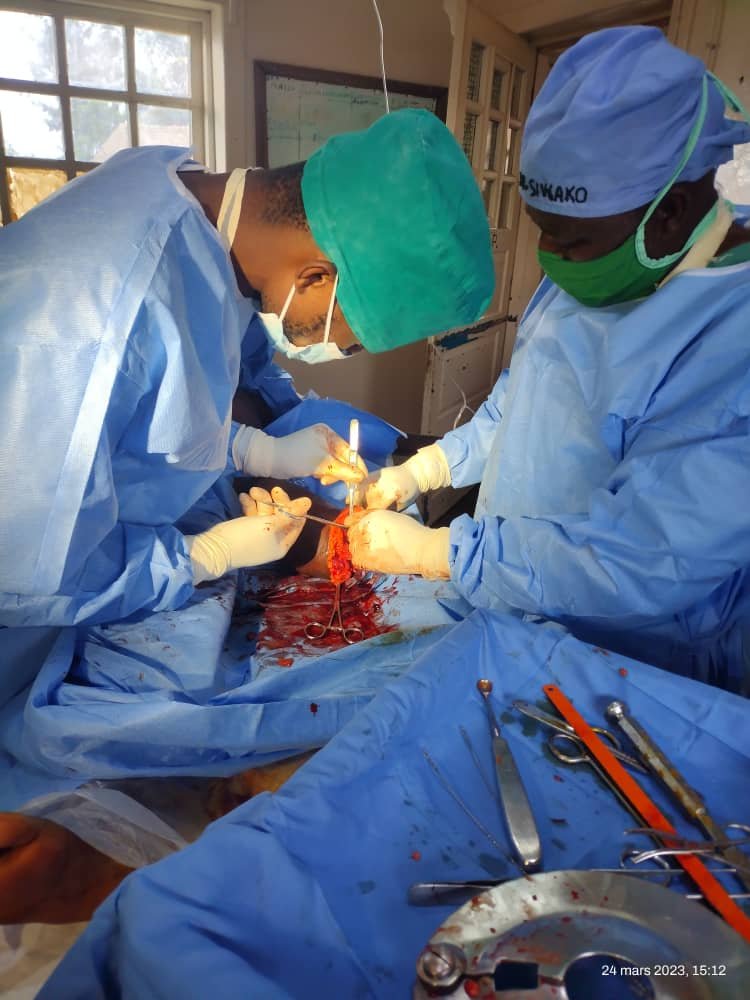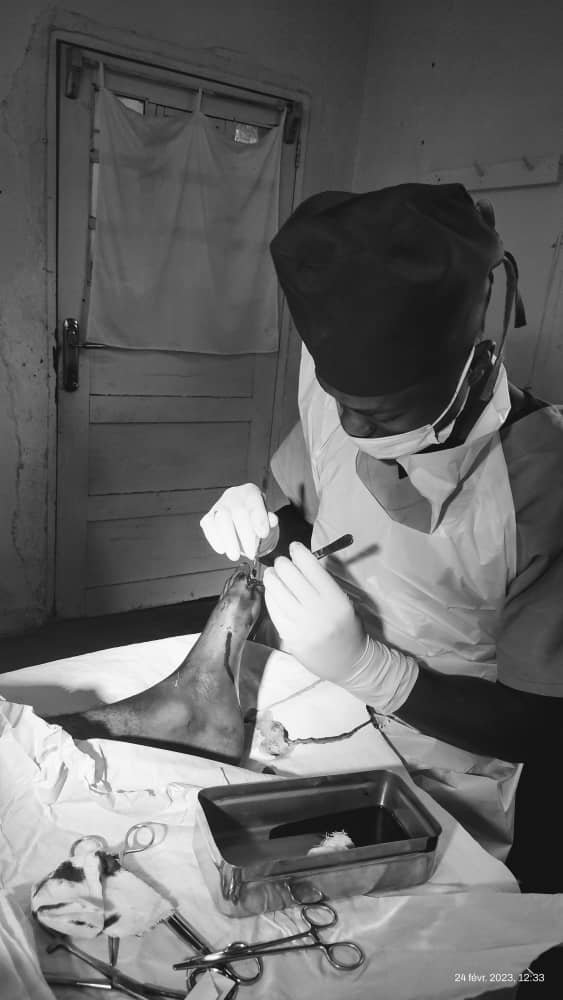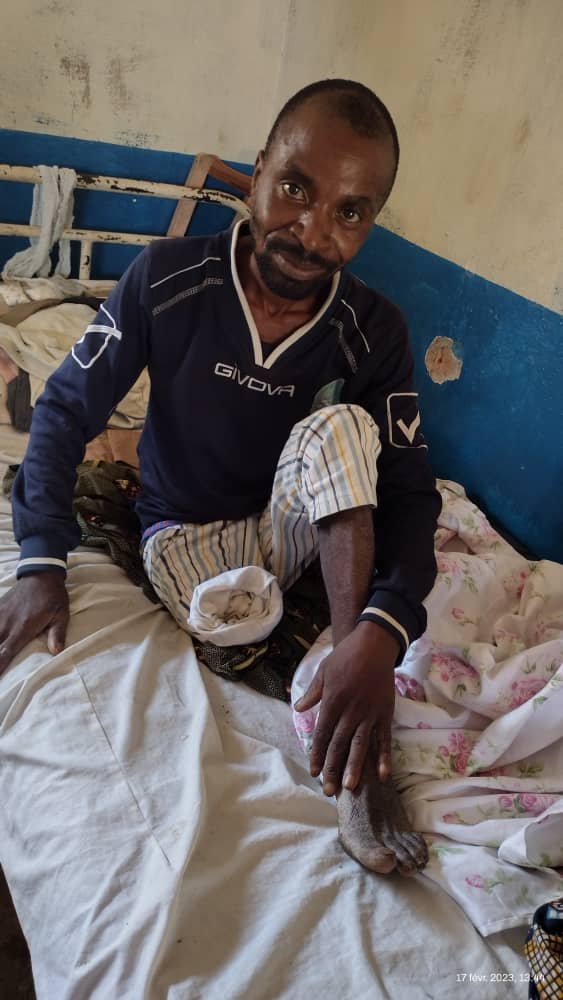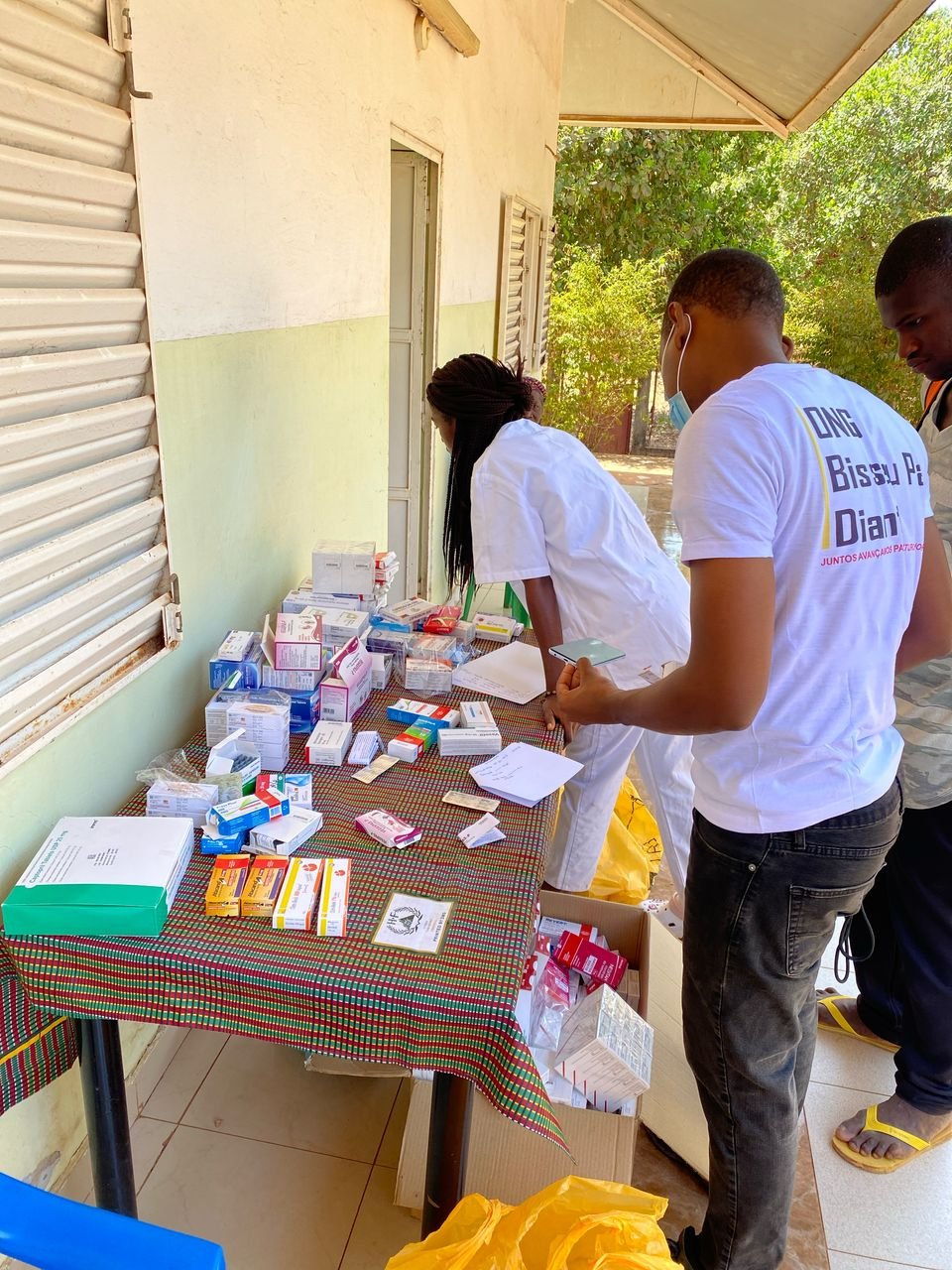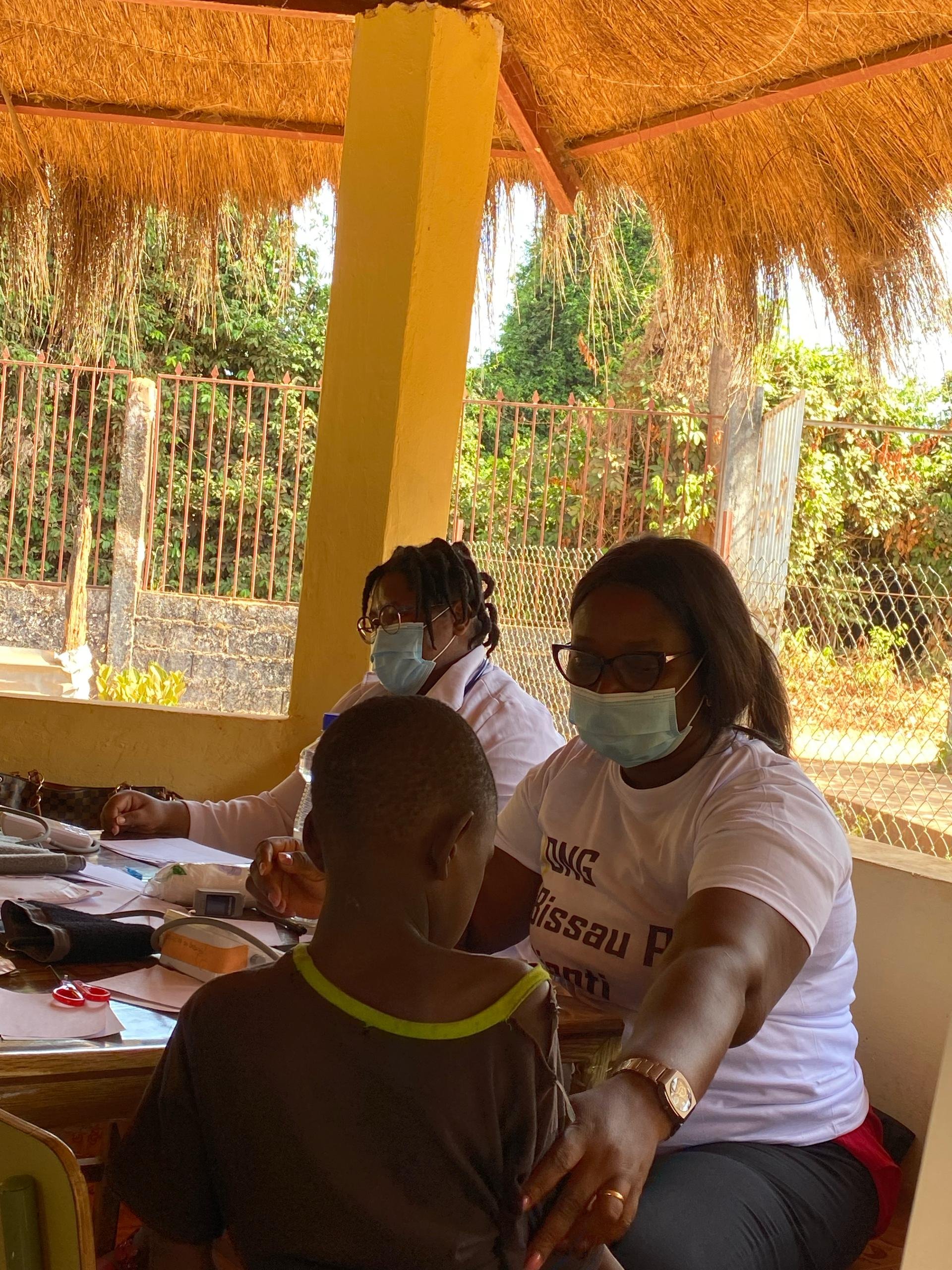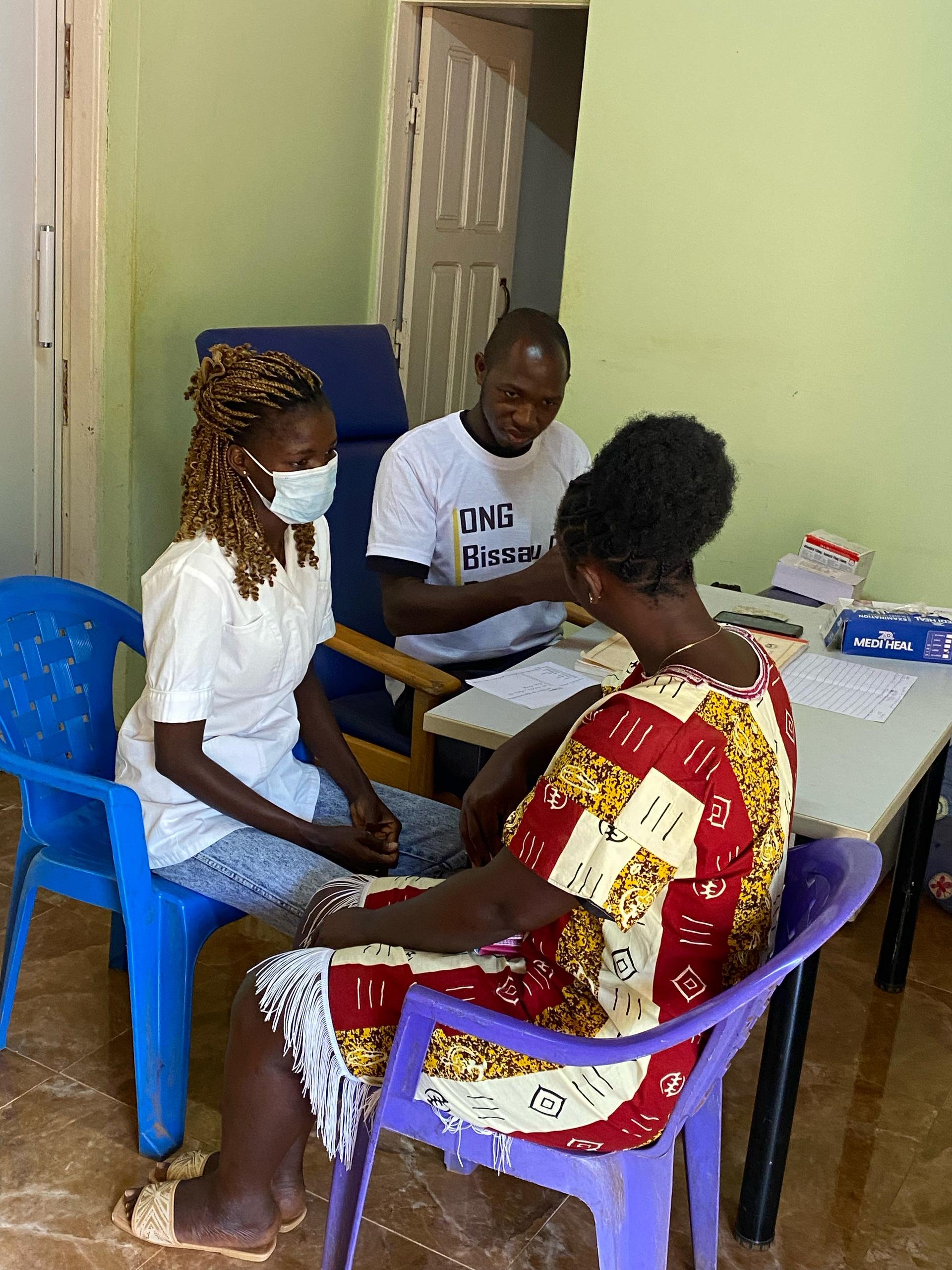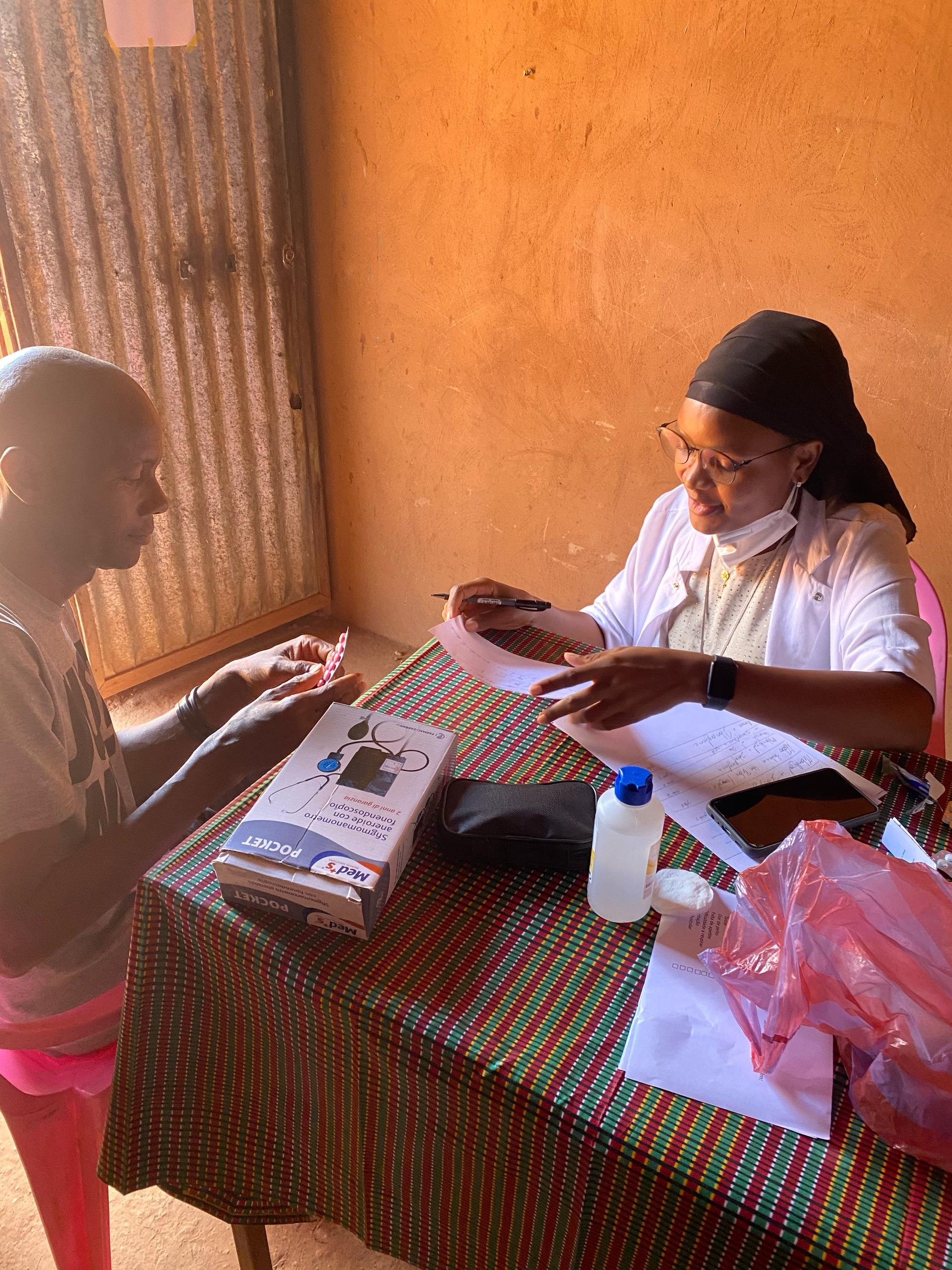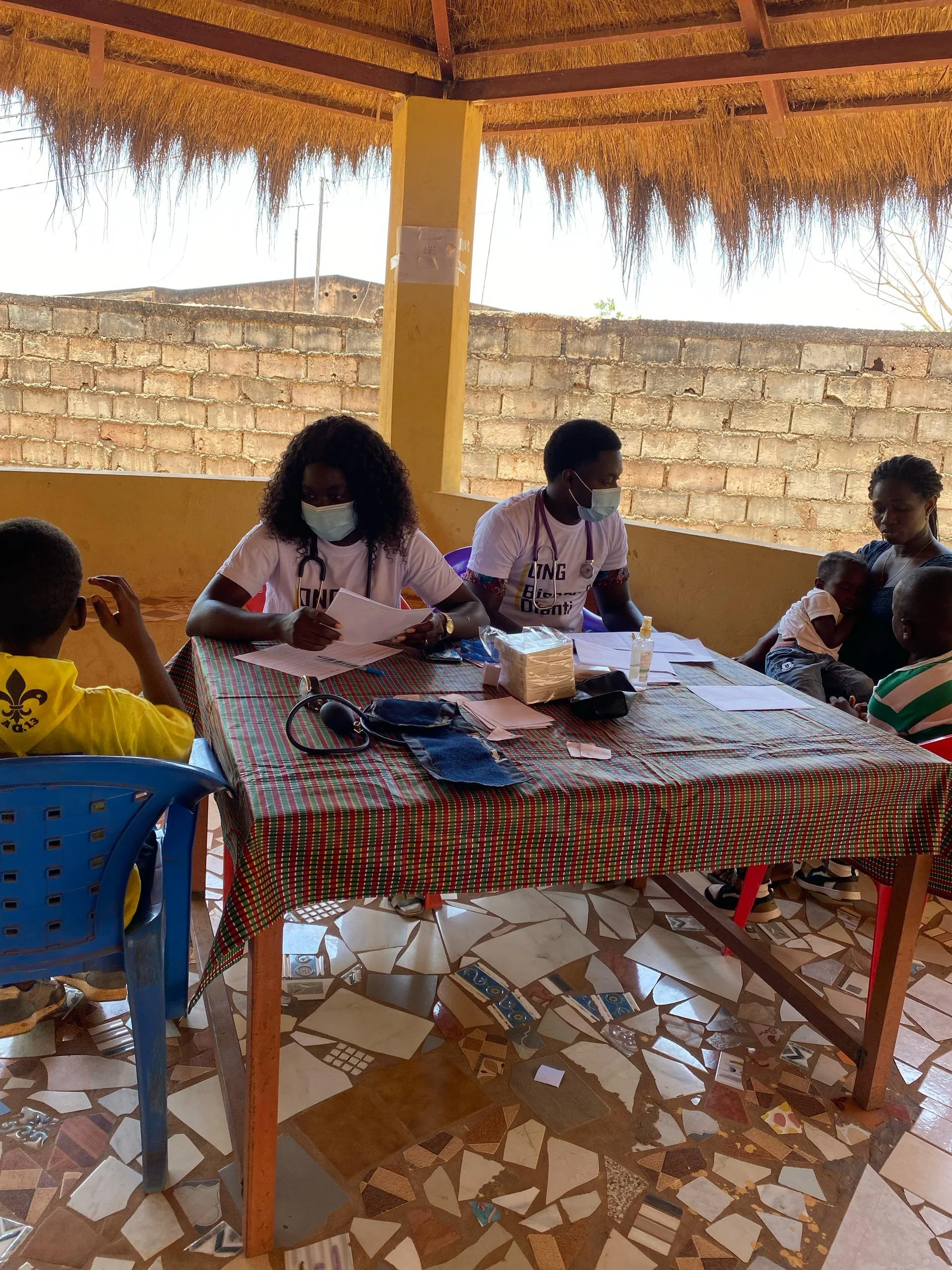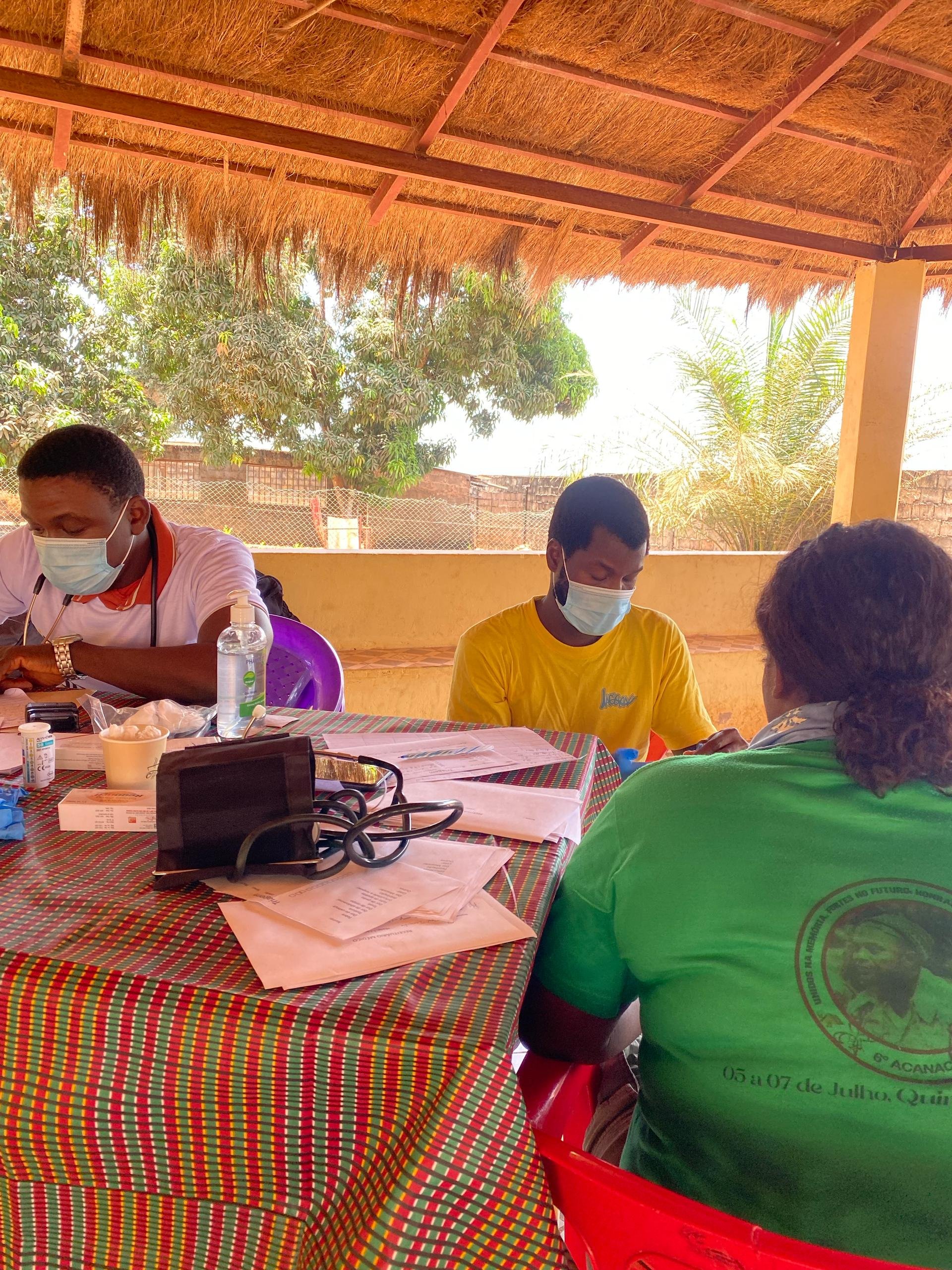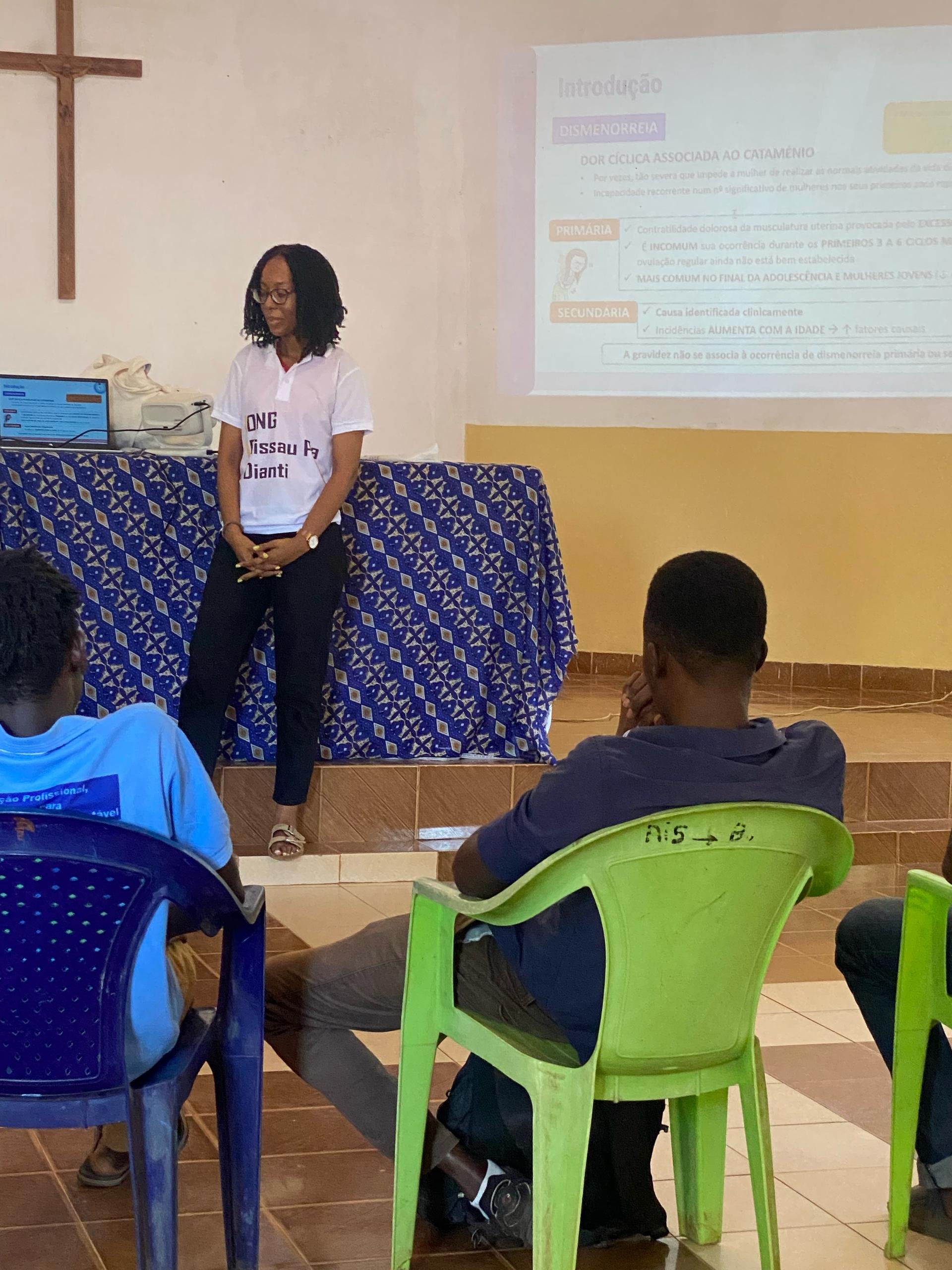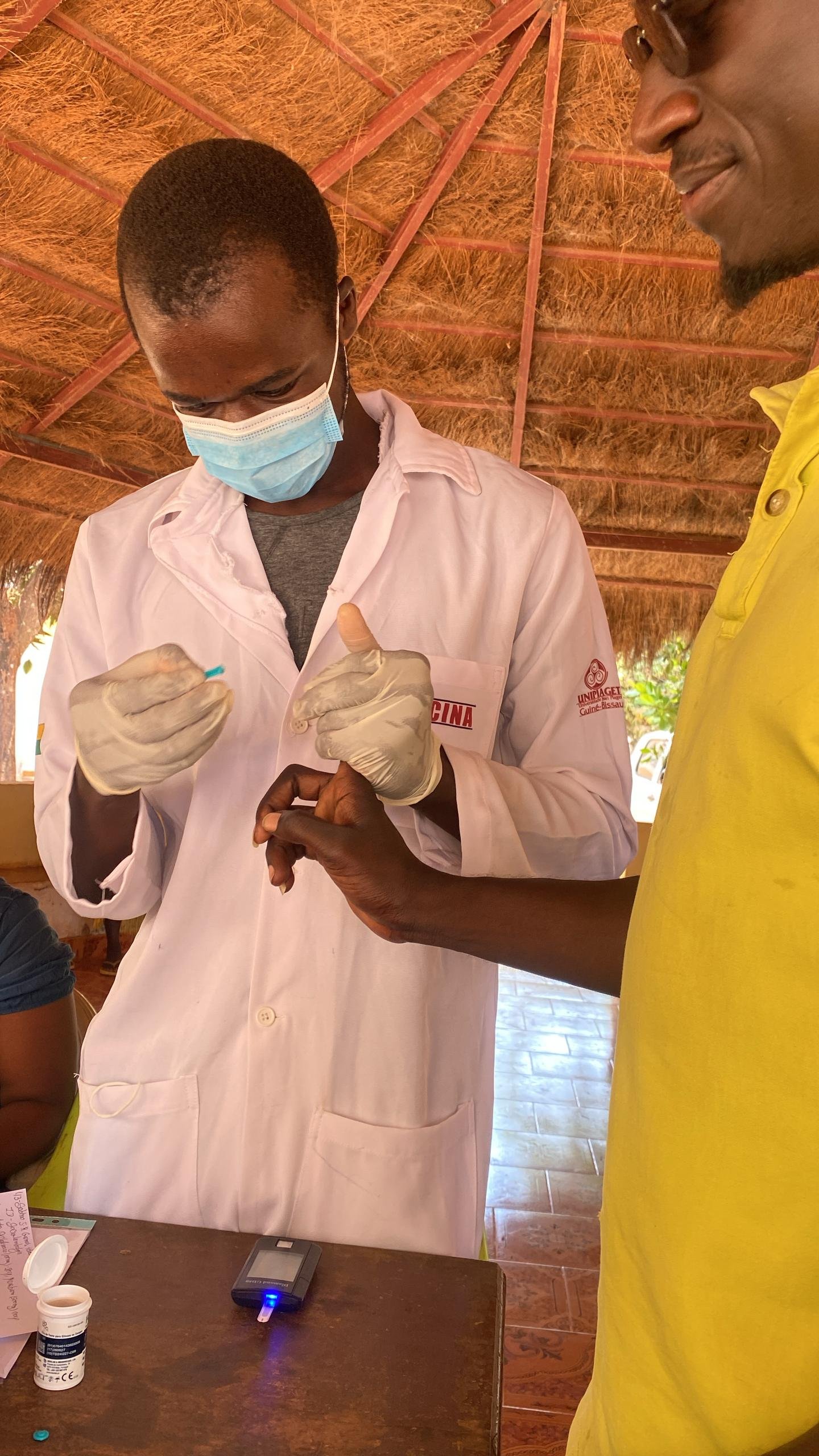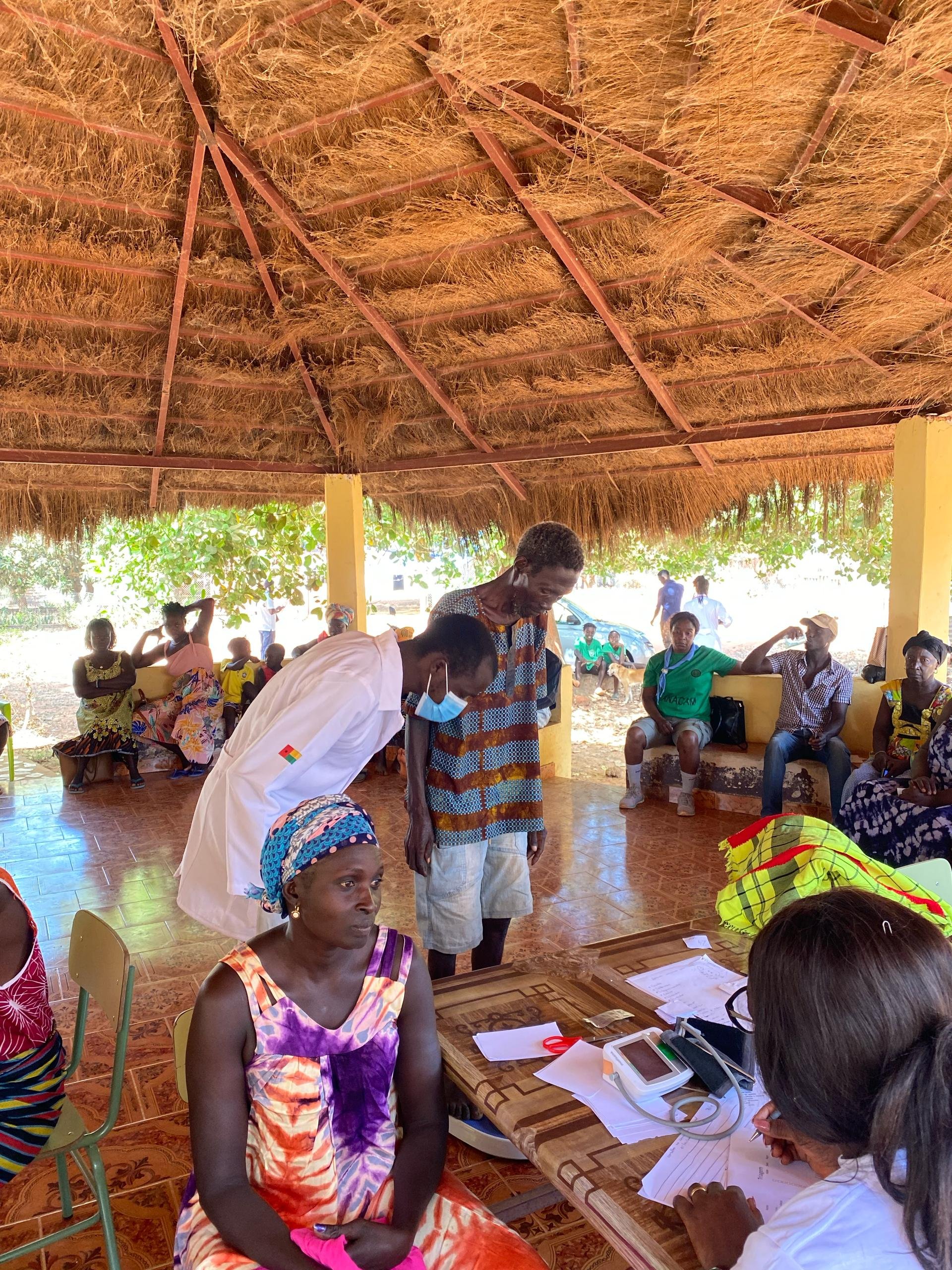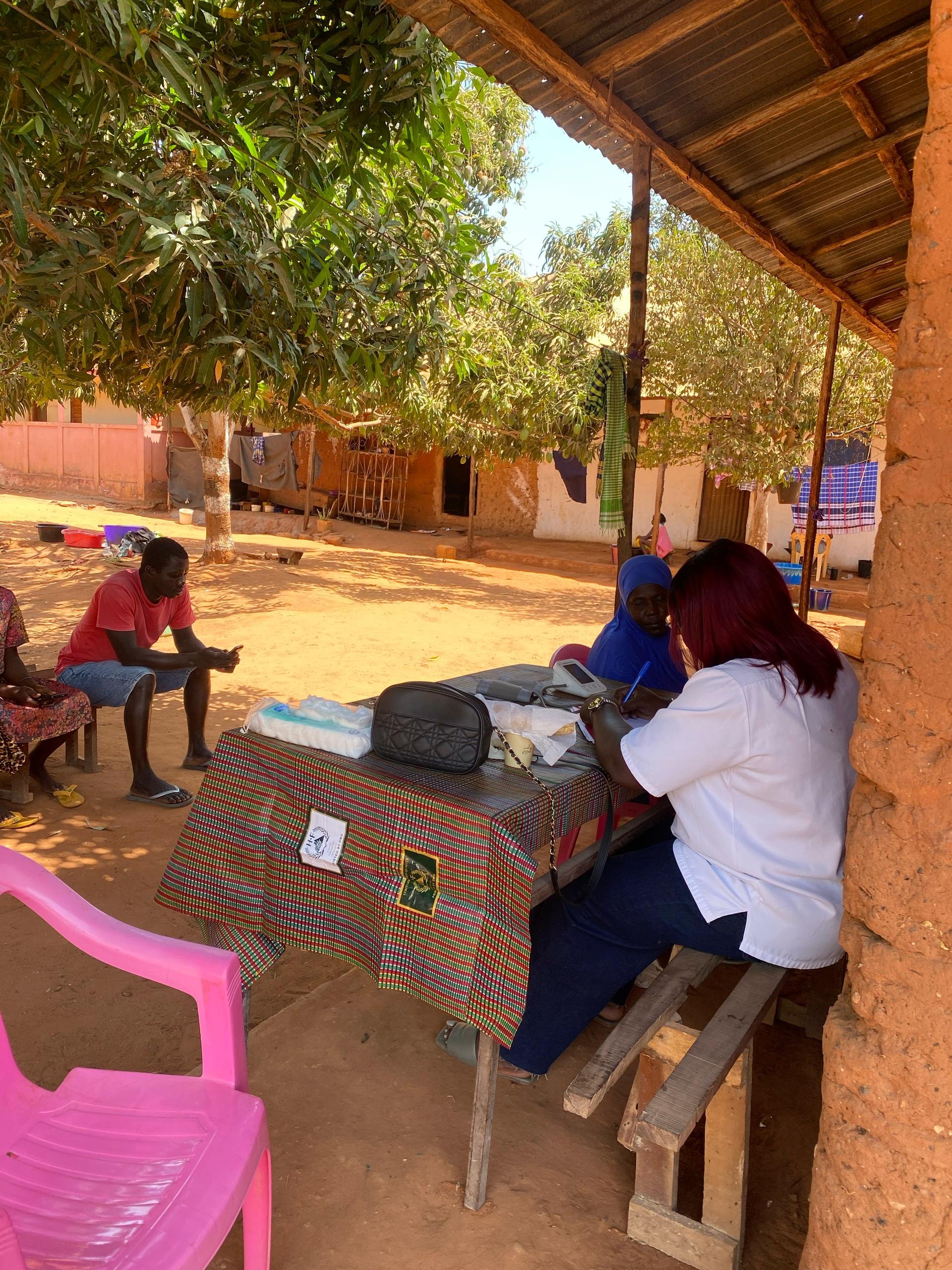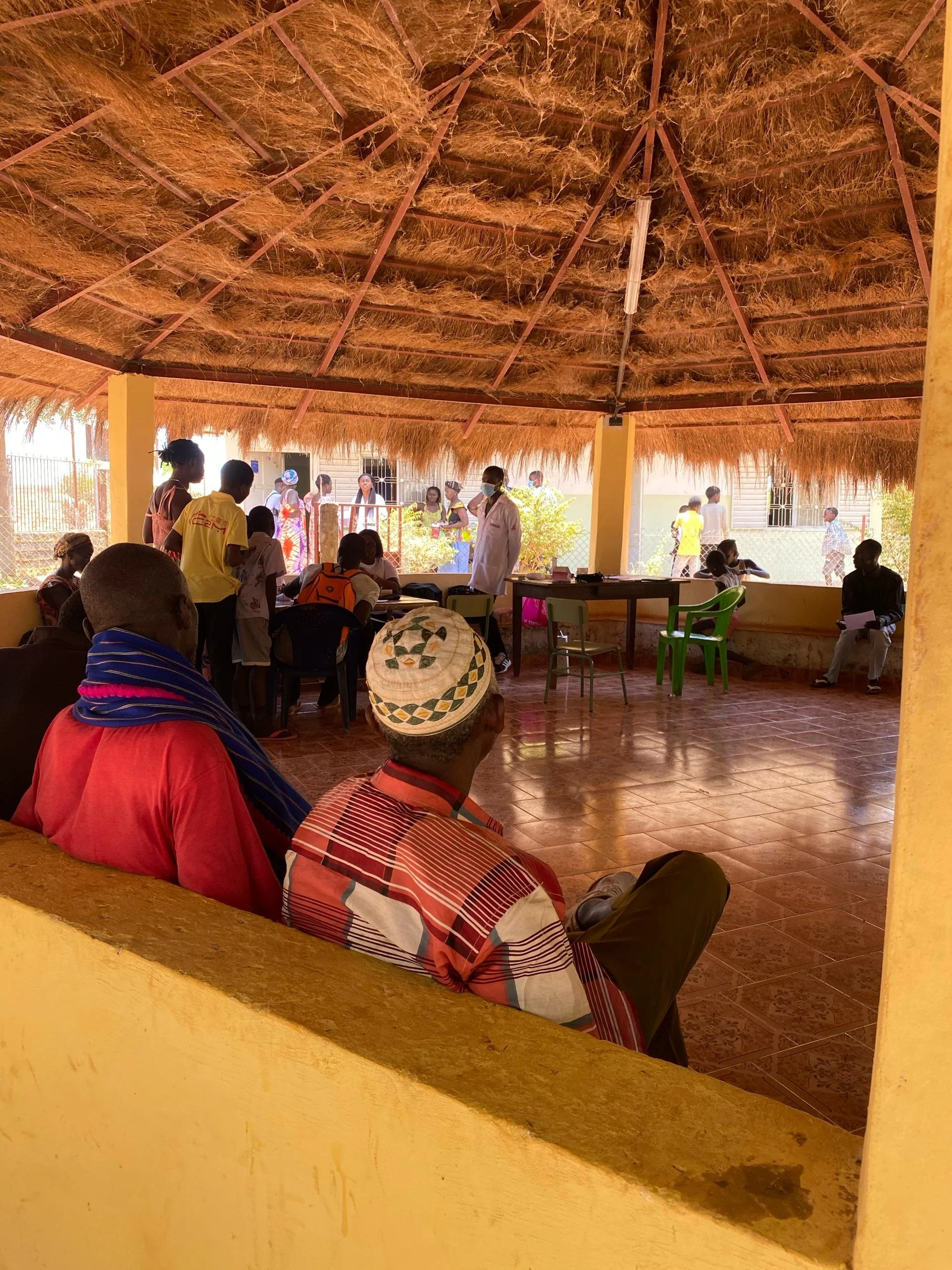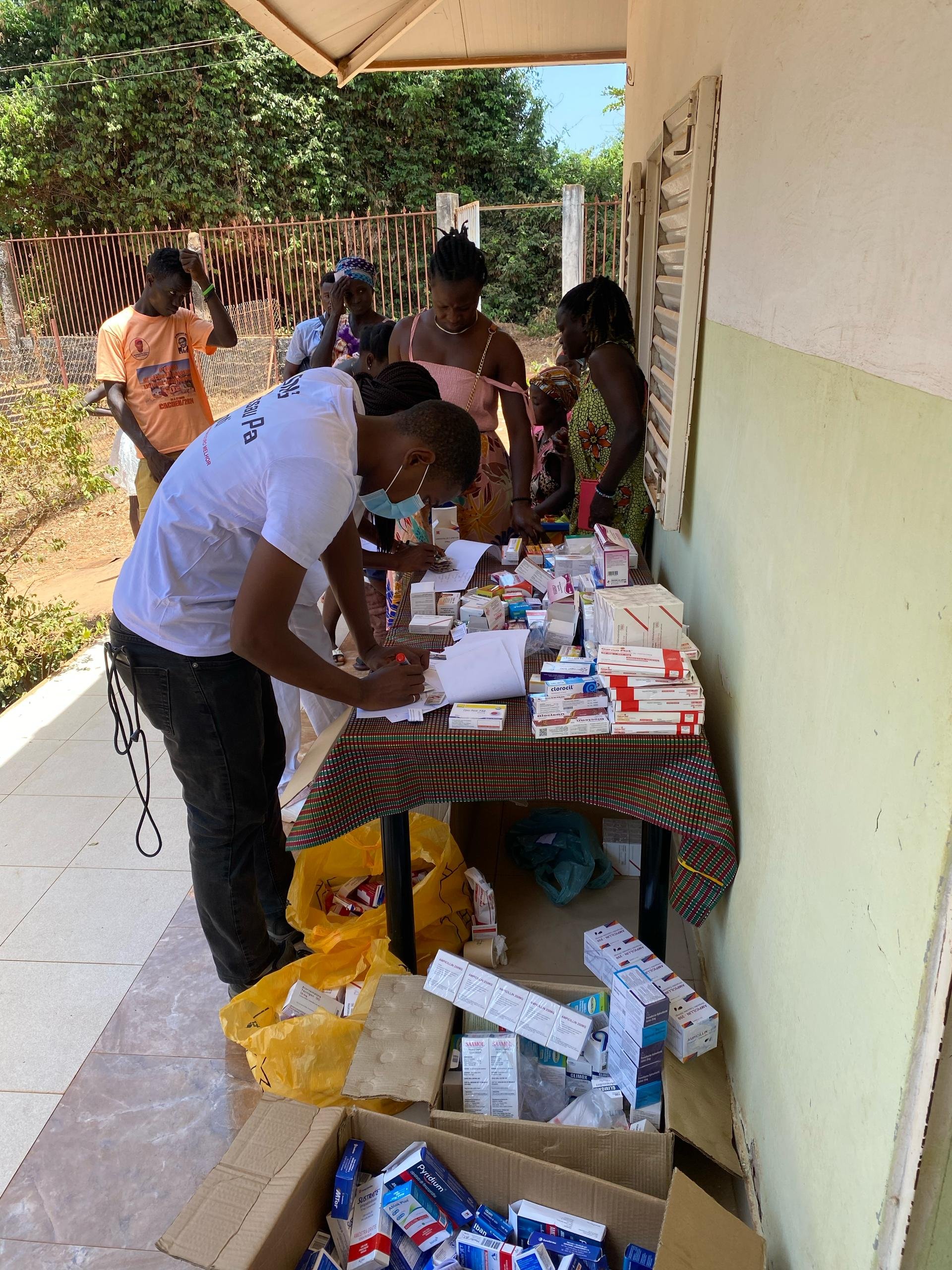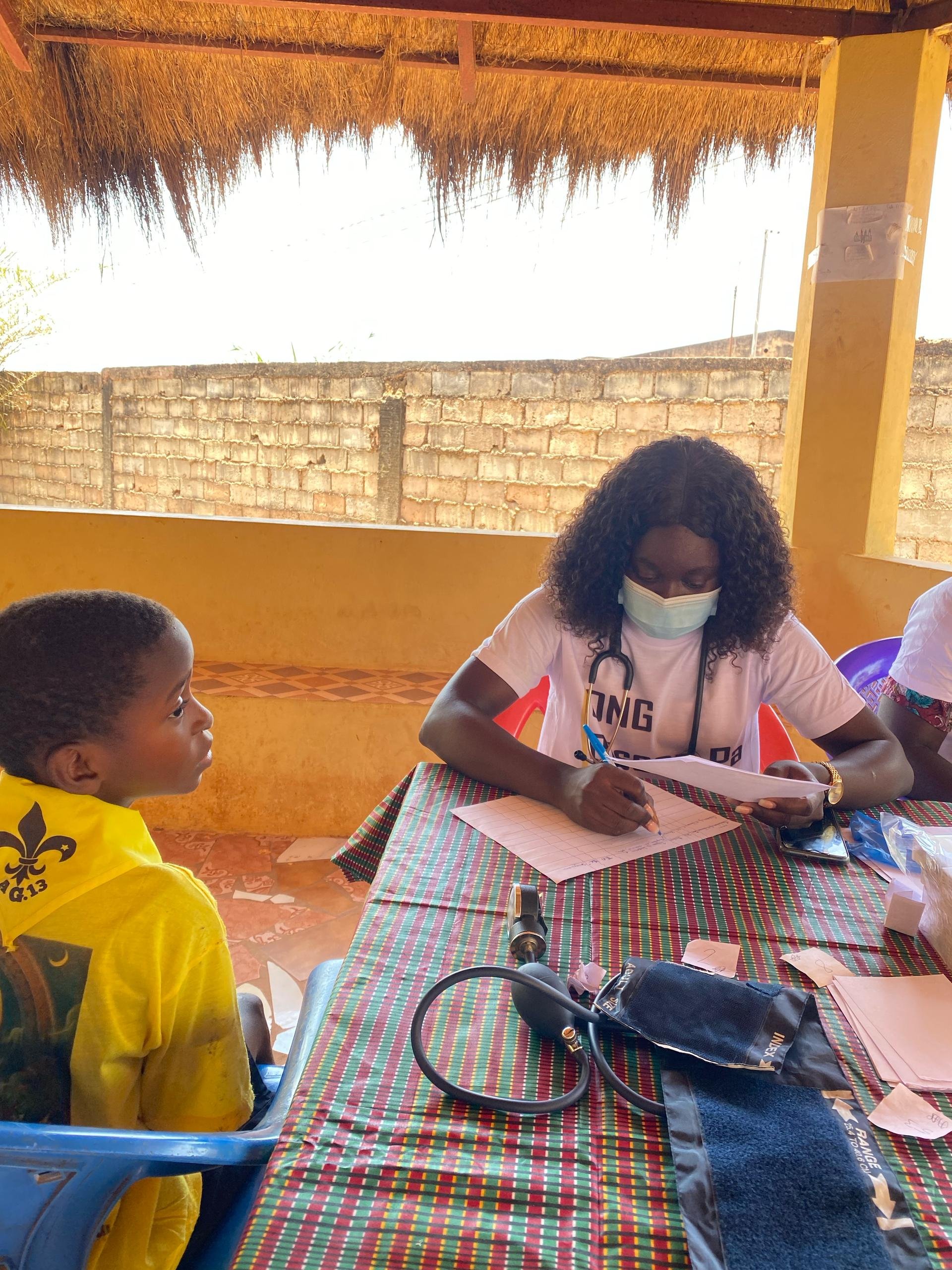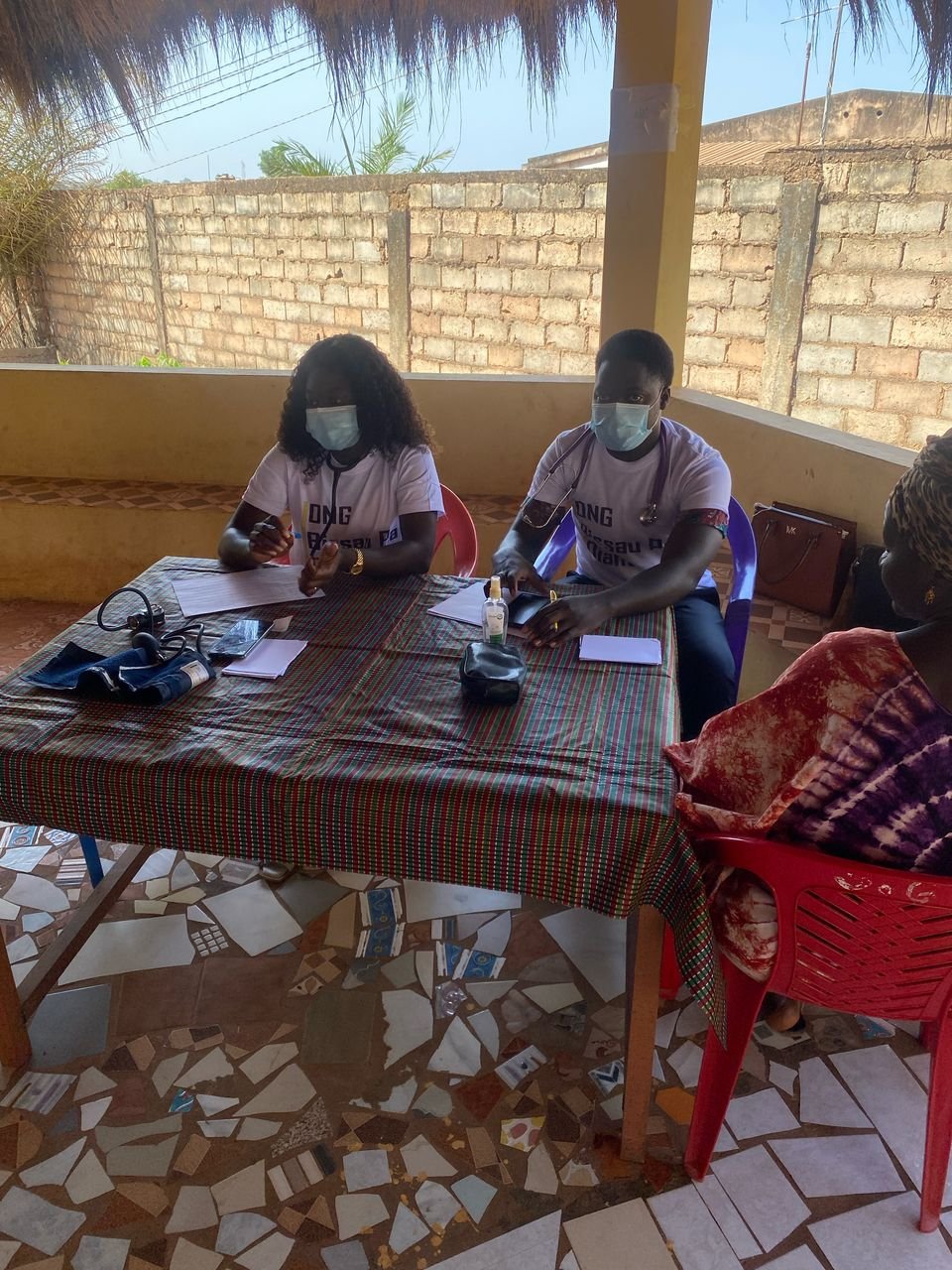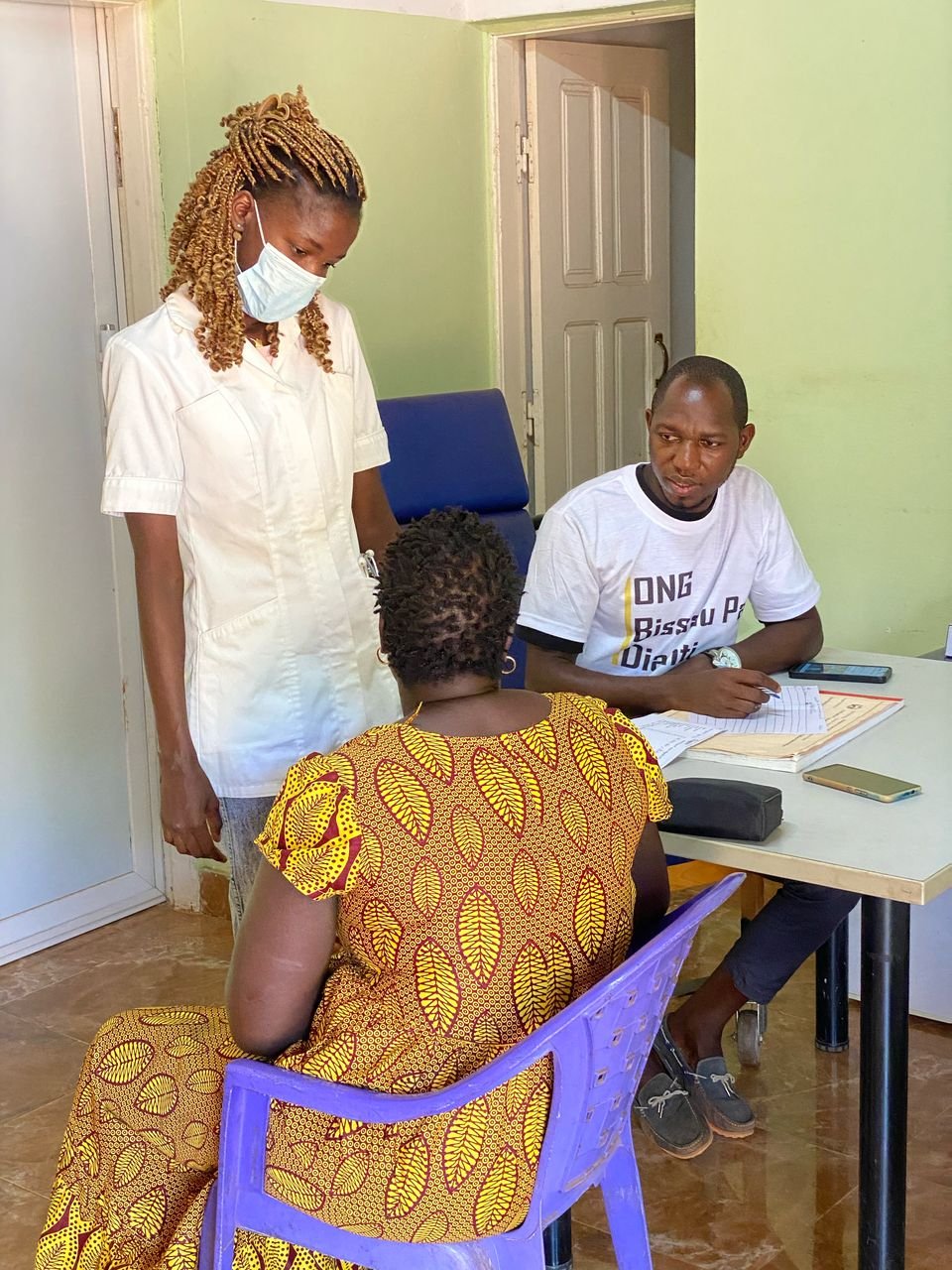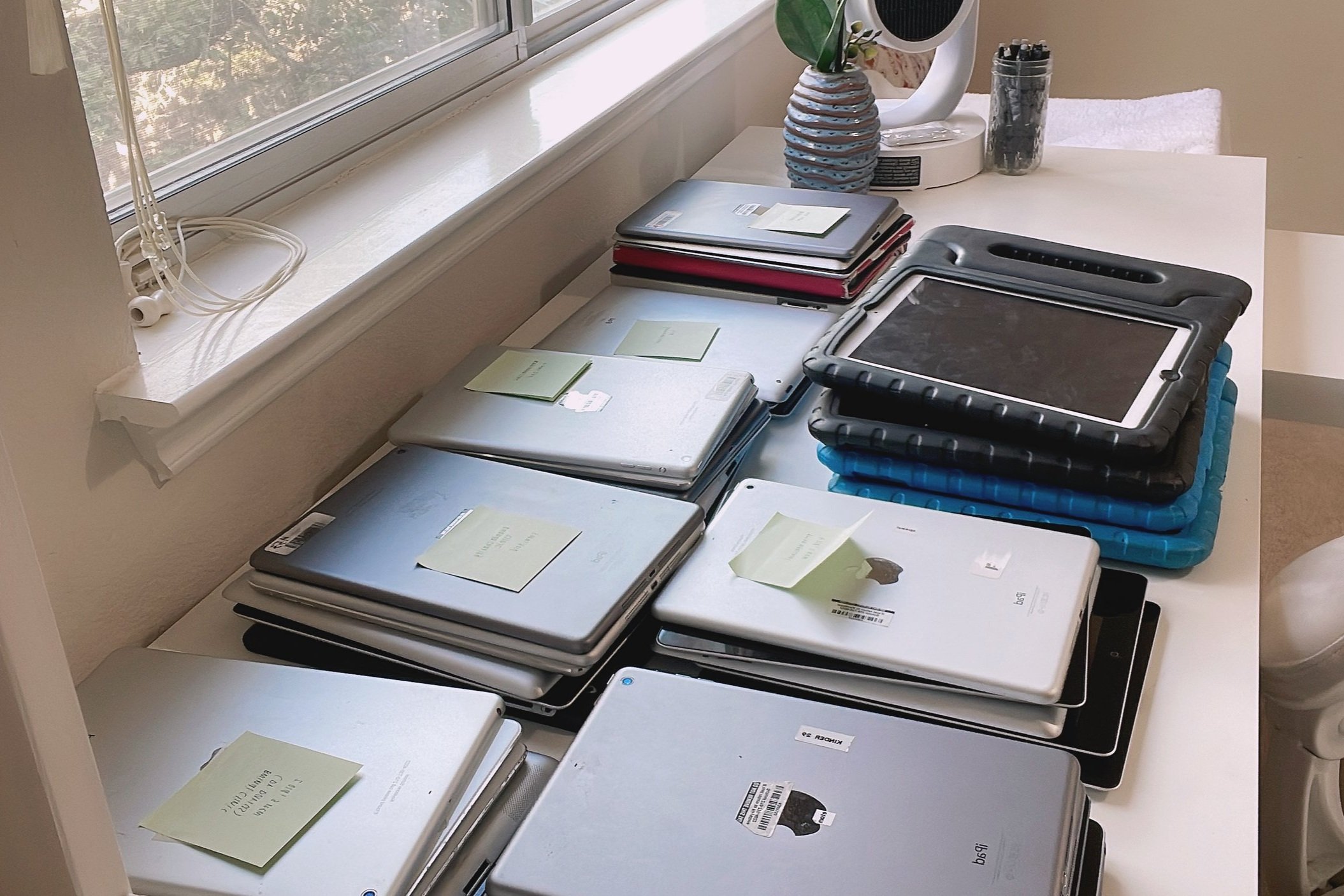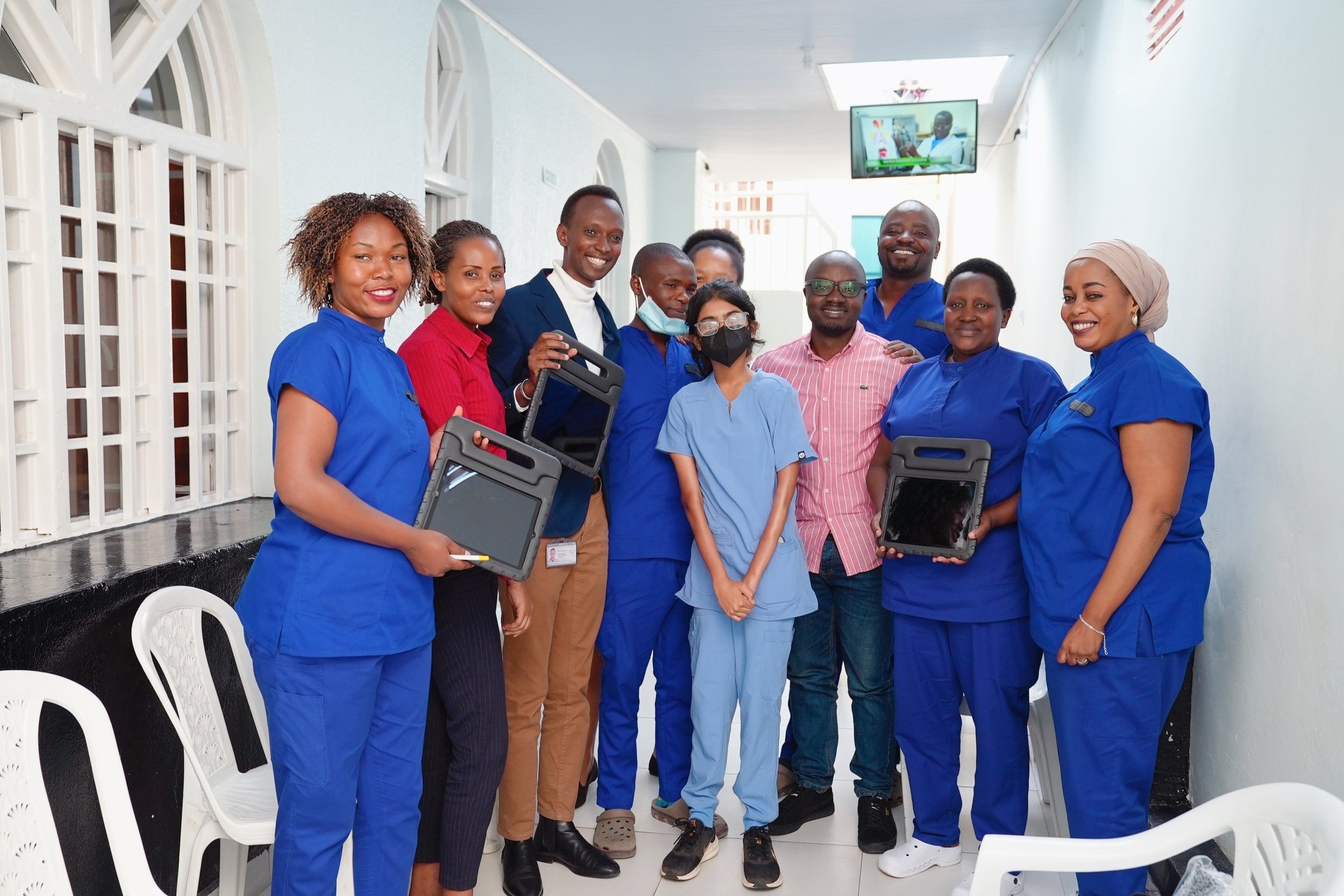
Access to specialist knowledge
Where you live shouldn’t determine if you live.
Medical CONSULTATIONS
A Glimpse of ASK
Access to Specialist Knowledge Inc. (ASK) is an official 501(c)(3) nonprofit organization. We envision a globe where healthcare is a basic human right and easily available to all irrespective of where they live.
Our mission is to provide access to United States-based medical specialists for doctors in underserved and underprivileged areas of the world, teach and inspire the next generation to pursue a sustainable career in healthcare, spread awareness of health promotion and disease prevention, and conduct meaningful research to foster health equity.
Who are we?
After witnessing first-hand the healthcare inequities in Sub-Saharan Africa, Ariana Chaudhary made it her mission to bridge medical specialists in the US to underserved clinics across countries in Sub-Saharan Africa, South America, and South Asia through her 501(c)(3) non-profit organization Access to Specialist Knowledge (ASK). By empowering local healthcare workers with the resources and knowledge they need, Ariana is improving global healthcare from the grassroot level, establishing sustainable solutions that elevate healthcare and save lives. In merely two years, ASK has provided comprehensive medical services valued at $2.5 million, assisted with 35,000+ medical cases, and donated over $43,000 worth of essential medical supplies/technology to underserved clinics.
Moreover, ASK is at the forefront of major crises. ASK continues to provide relief to victims of genocide, war, and conflict in DR Congo by guiding local healthcare workers through complex medical emergencies in real time, and we have synthesized and distributed timely and comprehensive information during the 2022 Ebola Outbreak in Uganda.
Locally, ASK is addressing healthcare inequities in Ariana’s hometown of San Antonio by providing free health screenings and educational events (powered by our incredible team of student volunteers) to immigrants and populations of low socioeconomic status, helping to pioneer a new reality where healthcare is a basic human right, accessible to all irrespective of where they live.
To continue making a difference, we need your support. We invite doctors to donate their time and expertise to help us manage cases. We seek student ambassadors to help expand our reach and raise awareness. And we rely on philanthropic individuals to donate funds, enabling us to extend our services to more communities in need. Together, we can empower local healthcare workers and save lives. So please, feel free to sign up on our website, message, or email our team to get involved. Thank you for considering supporting ASK and joining us in our mission to create a healthier, more equitable world.
Our Projects
-
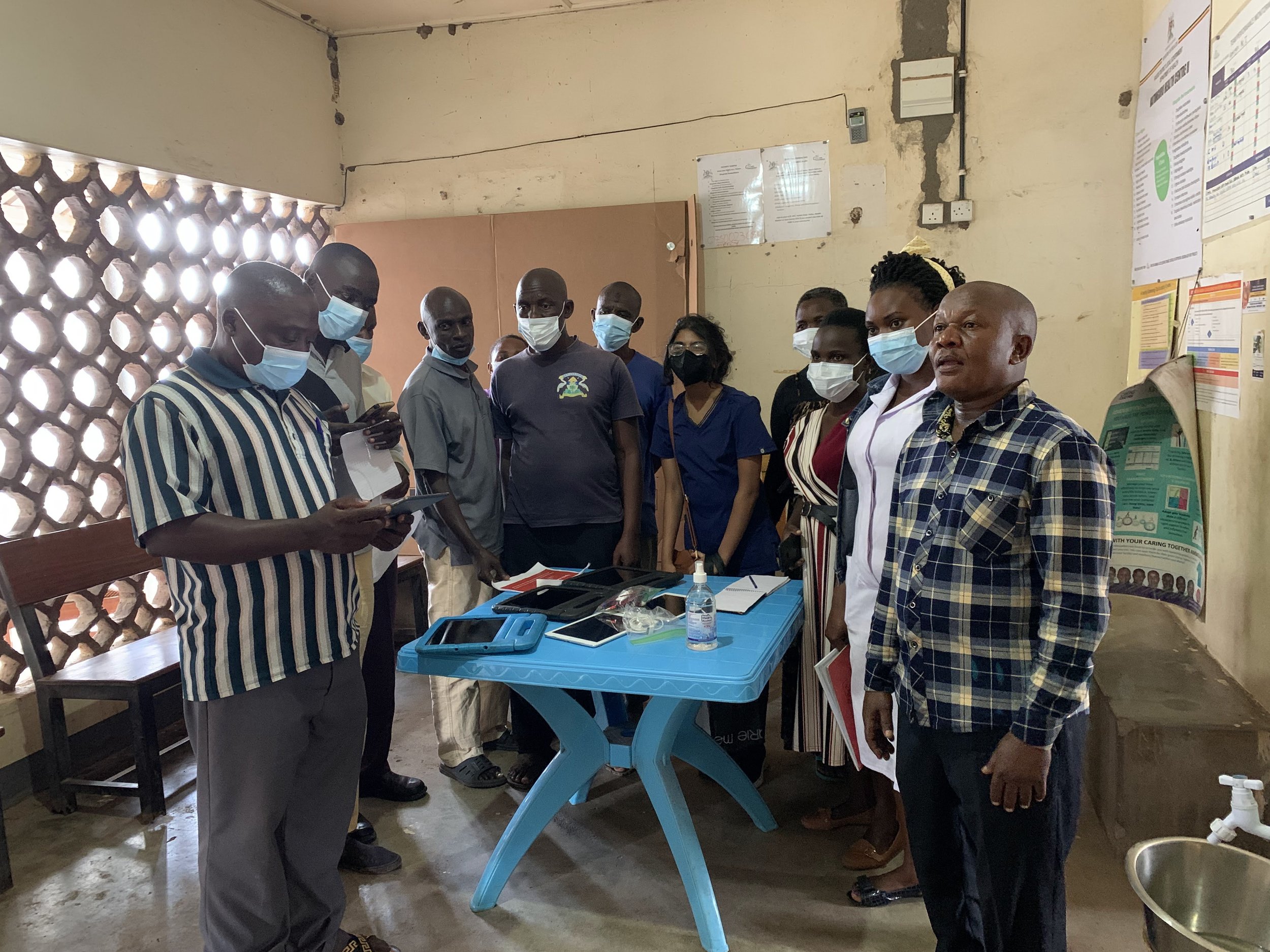
Access to Specialist Knowledge
ASK is connecting medical specialist in the United States to doctors in Uganda, Rwanda, the Democratic Republic of Congo, Burundi, South Sudan, Guinea Bissau, Kenya, and Tanzania. Doctors in these areas send their cases to ASK, and the case is then presented accordingly to a member in our team of specialists. After the specialist evaluates the case, ASK communicates their expertise back to the doctors to ensure that even if there is no physical specialist present in that area, quality healthcare is still available.
-
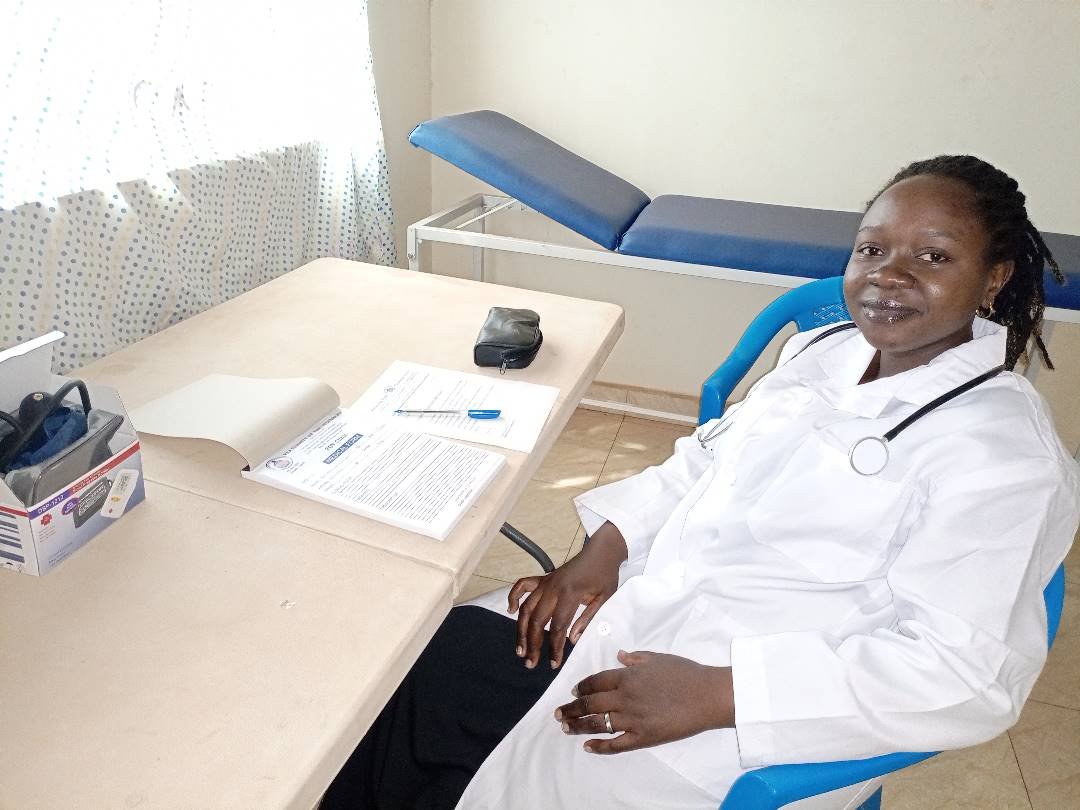
Global Electronic Medical Consulting System (GEMS)
-
Neighborhood Health Screening Club
-
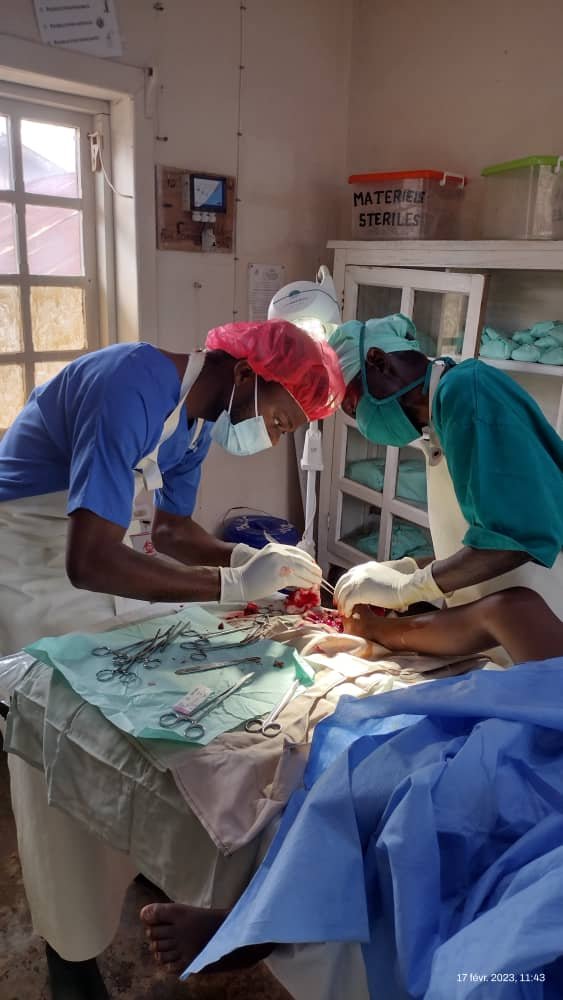
Infectious Disease Outbreaks Aid
-

Health Camps in the DRC + Securing Grant Funding
-

CDC Youth Advisory Council
-

Remote Information for Sustainable Education
RISE is constructing sustainable careers in healthcare through global education and inspiration. RISE teaches online classes to schools in Sub-Saharan Africa in subjects ranging from the importance of cleanliness to cell biology. We have raised over $42,000 of technology that is connecting students in underserved areas to the world and opening their eyes to a sustainable future that can be attained with education and perseverance.
-

Blogs
Our blogs promotes health awareness in a multitude of topics, including mental health, healthy living, and disease prevention. We aim to harness the power of writing to educate, move, and connect people around the globe.
-
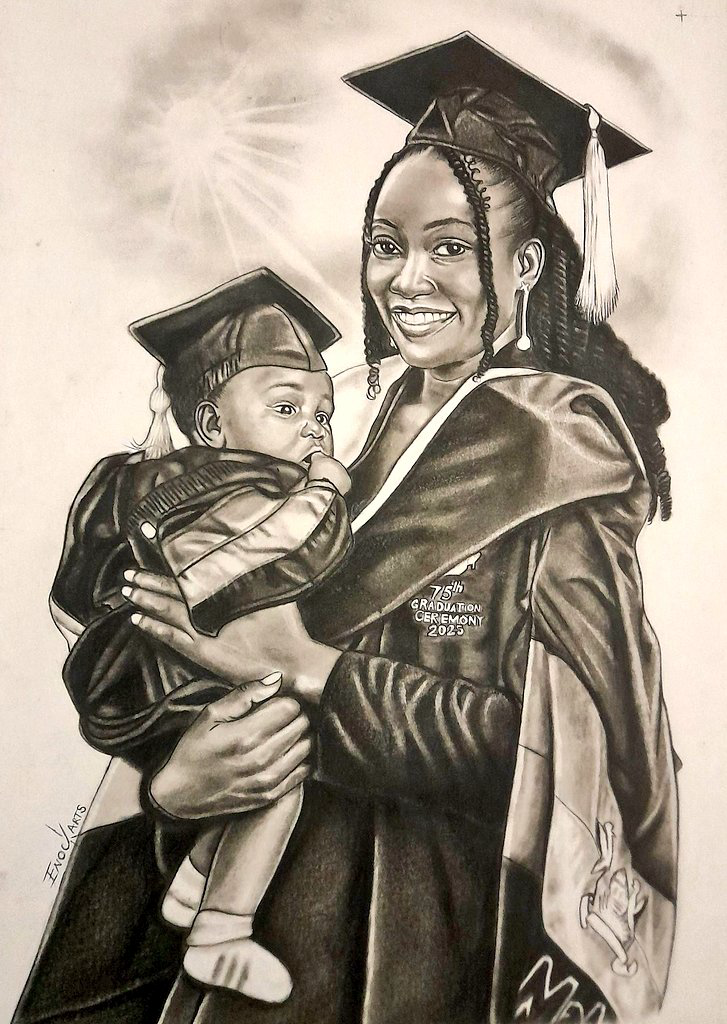
Arts and Global Health
We are so lucky to work with physicians with wide array of talents and skills. Dr. Enock is both ASK-partnered primary care physician in Uganda and an incredibly talented artist. Please see a few of his portraits below available for sale. If you wish to commission a portrait of you, your family, or loved ones, please reach out at ariana@accesstospecialistknowledge.org.
Publications and Press Releases
-

Public Interest Registry | Health and Healing Winner
The Health and Healing recognizes an organization or individual dedicated to advancing health and well-being in their community by ensuring access to care, resources, and support.
-
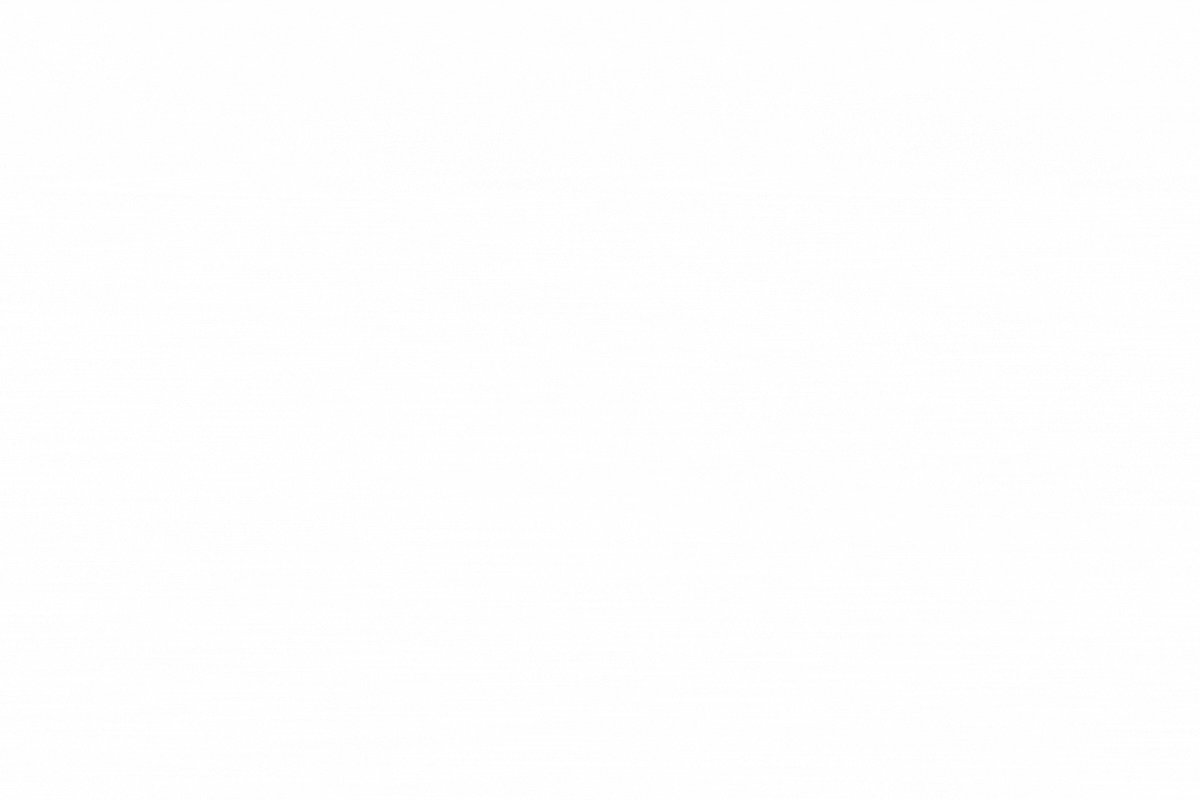
Public Interest Registry | 2025 .ORG Health and Healing Winner
Healthcare is a basic human right, yet millions in underserved regions lack access to specialized medical expertise. Access to Specialist Knowledge (ASK), winner in the Health and Healing category of the 2025 .ORG Impact Awards, is bridging that gap by connecting clinics across Sub-Saharan Africa, South Asia, and South America with board-certified U.S. specialists.
-

Public Interest Registry | 2025 .ORG Impact Awards Finalist Promotional Video
Access to Specialist Knowledge (ASK) is closing the global health equity gap by connecting U.S. based medical specialists with frontline doctors in underserved communities across Africa, South Asia, and South America. Through remote consultations and expert support, ASK empowers local providers to deliver lifesaving care where it's needed most. As a 2025 .ORG Impact Awards Finalist, ASK exemplifies how organizations using the .ORG domain drive transformative change. Their belief is simple but powerful: Where you live shouldn't determine if you live. This story is part of the .ORG Impact Awards, an initiative from Public Interest Registry (PIR) to honor mission-driven organizations making a global difference. PIR also supports the .ORG Community through the .ORG Learning Center and secure, trusted infrastructure built for impact.
-

Public Interest Registry | Top 5 in Health and Healing
The .ORG Impact Awards honor remarkable achievements by individuals and organizations making the world a better place. These seven categories celebrate the passion, innovation, and impact of the global .ORG community.
-

Public Interest Registry Announces 2025 .ORG Impact Awards Finalists, Artist & Actor Common to Host
35 innovative, mission-driven organizations and changemakers selected from nearly 3,000 applicants across more than 120 countries. Access to Specialist Knowledge connects healthcare workers in underserved regions of the globe to U.S. board-certified medical specialists, offering pro bono support that empowers local providers and promotes equitable access to healthcare.
-

130. San Antonio Teen Bridges Global Healthcare Gaps Through Access to Specialist Knowledge | Big City, Small Town
At just 14 years old, Ariana Chaudhary visited a rural clinic in Uganda. She witnessed something that would change her life forever: patients suffering due to a lack of access to medical specialists. Instead of walking away, she decided to act. Now 17 and a student at Health Careers High School in San Antonio, Ariana is the founder of ASK Access to Specialist Knowledge. This nonprofit organization connects frontline healthcare workers in underserved communities with volunteer medical specialists from around the world. In this episode of bigcitysmalltown, guest host Cory Ames speaks with Ariana about how she built ASK from a single WhatsApp message into a tech-enabled global network that has now facilitated over 35,000 consultations across Sub-Saharan Africa, South Asia, and beyond.
-
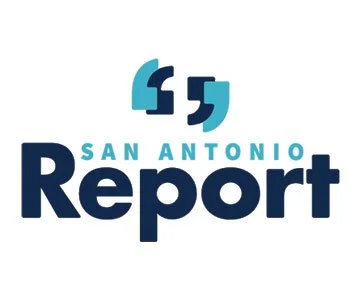
San Antonio Report | San Antonio teen finds a way to connect health care workers across the world
At just 14 years old, Ariana Chaudhary got the idea to create a nonprofit that connects health care workers with medical specialists across the world.
-

Texas Monthly | A Trip to Africa Moved a San Antonio Teenager to Help Save Lives Overseas
Ariana Chaudhary's nonprofit connects under-resourced doctors abroad with consultations by American specialists, one email at a time.
-

San Antonio Express News | 'Found my purpose': San Antonio student's nonprofit combats health care scarcity across globe
Ariana Chaudhary has helped solve over 25,000 medical cases (2024) in Sub-Saharan Africa with her nonprofit, Access to Special Knowledge. A $10,000 grant will help her expand her mission.
-

NSHSS | 18 Under 18 Award (2025)
Selected as one of the most influential leaders nationwide who inspire positive change and world betterment; recognized by NSHSS for transformative leadership, innovation, and community-centric goals.
-

NSHSS | $10,000 Be More Fund Recipient (2024)
The NSHSS Be More Grant program provides over $100,000 in funding to NSHSS members aspiring for world betterment. NSHSS co-founder Claes Nobel once said, "I believe that the human race can be fundamentally better than it is, and students like you will be the ones to change the world to make it what it can be. You are the most formidable proponents of change."
-

International journal of Herbal Medicine A systematic review of herbal medicine use and outcomes in the democratic republic of Congo
First-author publication on the effect of herbal medicine and usage patterns in the DRC. Vol. 13, Issue 3, Part A (2025)
-

Aging Cell | Repeated Withdrawal of a GLPR Agonist Induces Hyperleptinemia and Deteriorates Metabolic Health in Obese Aging UM-HET3 Mice
GLP-1-based therapy is highly effective in combating aging-associated metabolic diseases. However, the metabolic effects of frequent withdrawal from this therapy in aged, obese mice have not been previously studied. In this study, aged obese UM-HET3 mice were assigned to three groups: Group 1 received no liraglutide treatment (Lira OFF); Group 2 underwent 3 cycles of treatment followed by withdrawal (Lira ON/OFF); and Group 3 remained on continuous treatment (Lira ON). As expected, mice in Group 3 showed reduced body weight and food intake, along with improved metabolic health. In contrast, mice in Group 2 developed hyperleptinemia and visceral fat expansion, leading to impaired metabolic health. Importantly, although these mice regained their fat mass after each treatment cycle, they failed to restore lean mass, an unfavorable shift in body composition that may increase vulnerability to aging-related sarcopenia. These findings suggest that continuous GLP-1-based therapy is necessary to sustain metabolic benefits, while intermittent use may promote age-associated sarcopenia and metabolic decline.
-

The Effects of Pulsating Electromagnetic Fields on Cuprizone and Ethanol-Treated Dugesia Tigrina
Multiple sclerosis (MS) is an incurable, autoimmune disease of the central nervous system, affecting over 2.3 million patients globally, manifested by fatigue, spasticity, vision problems, tremor, and disability. Research suggests correlation of MS to the variations in the earth’s magnetic field, hence cuprizone exposed planarians were treated with low dose pulsating electromagnetic field (PEMF) in attempts to reverse neurological damage, thereby providing a potential treatment option for MS. Planaria were selected due to the structural similarity of their nervous system to the human nervous system, and cuprizone, a copper-chelating agent, was used since it induces toxic demyelination, mimicking the effects of multiple sclerosis. By recording the number of head whips before and after treatment and comparing them with the non-treatment arm, the researcher found that PEMF was significantly able to reverse cuprizone-induced-damage in the planarians after 3 days of treatment, indicating that it may be an effective treatment option for MS. There was a significant effect of PEMF in the ethanol control arm, showing that PEMF could be investigated further as a treatment of alcohol induced neurotoxicity.
Our Story
Walking into the small, overcrowded clinic in Katanguru, Uganda, I was immediately struck by the stark reality of healthcare disparities: rows of small rooms, constructed from dull, weather-beaten concrete were perched along the side of a rocky trail, and the searing, outside humidity wrung from nearly every corner of the clinic. Expecting patients, faces drawn with exhaustion, had no choice but to form lines outside and face the brink of the sweltering African sun, some for hours on end until they could receive treatment.
Inside, the conditions were no less challenging: The local healthcare workers, though deeply committed, operated under severe constraints, overwhelmed and under-resourced. Moving swiftly between patients, they did their best with limited supplies—frayed bandages, label-faded medications, and outdated equipment. Nevertheless, the air hung thick, engulfed with the sounds of children crying, mothers comforting them, and the persistent, painful hum of desperate individuals seeking relief from their ailments.
The contrast between this scene and the medical facilities I was accustomed to back in the US could not have been more jarring. And as I am living through my youth, a point in time where you begin to flesh out who you want to become and what your purpose could be for the world, I knew one thing for certain: I couldn’t just be a bystander. I couldn’t turn a blind eye to the raw, insufferable experiences of the people around me. From the blatant inequities to unjustifiable pains, it would be too cruel to just walk away.
This realization drove me to reach out to one of the nurses at the clinic and immerse myself in understanding the healthcare system and the challenges that rural clinics in Uganda face. And after months of brainstorming, research, outreach, and team-building, I developed a plan to bridge the high-quality healthcare of the United States with places of highest need, thus marking the start of Access to Specialist Knowledge (ASK).
ASK operates by having doctors in high-need areas send their cases to our organization. Each case would then be presented to a member of our team of specialists. After the specialist evaluates the case, ASK would communicate their expertise back to the community clinics, ensuring that even if there is no physical specialist present in the area, quality healthcare is still available.
To execute this plan, I first addressed the issue of inadequate communication technology in Uganda since though the country is adequately connected by wireless providers, many clinics lacked a sufficient supply of equipment for consistent communication. Consequently, I reached out to schools and hospitals, designed flyers, and hosted a technology drive across San Antonio, where we collected over $42,000 worth of iPads, computers, cellphones, vein finders, oximeters, and stethoscopes, repurposing and upcycling them to support our mission.
Simultaneously, I contacted doctors throughout the U.S., requesting their time and expertise to remotely assist the healthcare systems in Uganda. With the technology and support in place, I returned to Uganda's central and southern areas, contacting community healthcare centers and donating the equipment, thus providing the basic tools needed to bridge Sub-Saharan clinics with United States-based medical specialists.
Within just two years, ASK’s efforts have not only spread throughout countries of Africa, including Uganda, Rwanda, the Democratic Republic of Congo, Burundi, South Sudan, Guinea Bissau, Kenya, and Tanzania, but also across the globe in rural areas of Brazil and India, helping in over 30,000 cases.
The impact of ASK extends far beyond the sheer number of cases we’ve supported or technology we’ve supplied—we have provided relief to victims of genocide, war, and conflict in DR Congo, provided aid and distributed timely information during the Ebola Outbreak of 2022, and help sustainably rebuild lives one-on-one in extreme scenarios.
In the war-torn regions of the Democratic Republic of the Congo, immersed in violence and conflict due to their history of past genocides, ASK has become a lifeline for many. These areas, often neglected and without sufficient medical infrastructure, present some of the most challenging healthcare scenarios. We have assisted with real-time emergency cases, providing critical support to victims of ongoing violence and the lingering effects of past atrocities. Our team of specialists has been instrumental in guiding local healthcare workers through complex medical emergencies, offering expertise in situations where every second counts, such as guiding the treatment of injuries from conflicts or the care for diseases exacerbated by the harsh living conditions in these regions. By empowering and endowing local healthcare workers with the knowledge and tools they need, ASK ensures that these previously untouched communities can sustainably save lives.
Throughout the fall and winter of 2022, ASK witnessed a surge in unease from both the clinics and the communities in Uganda regarding the current Ebola outbreak in their areas: doctors expressed their concerns about the lack of protocols and government-issued PPEs, while communities were reluctant to visit clinics in fear of nosocomial infection. Moreover, during this time, many cases were sent to ASK with questions regarding specific treatment for patients presenting symptoms of Ebola, such as muscle pain, headaches, diarrhea, and internal bleeding, further conveying the doctor’s unrest. It soon became evident that despite being in the hot zone of Ebola, little information was known about the rehabilitative actions from the Ugandan Ministry of Health or other organizations. Consequently, I sought out, synthesized, and dispersed information containing the location of official testing sites, new WHO-funded laboratories that recruited and trained staff for the diagnosis and treatment of patients with Ebola, current knowledge on early signs, symptoms, and corresponding preventative measures, government-developed videos addressing how officials are confronting the Ebola Outbreak in Katanguru, Mbara, Biwindi, and Rushaga, and more, effectively establishing a catalog of information and resources amidst the terrifying reality of disease.
ASK’s mission extends beyond medical support, empowering and supporting at a personal level as well. In one of our emergency cases, we guided and provided input to doctors as they helped deliver a baby in an isolation ward, due to the risk of Ebola. After the procedure, I got in contact with the mother, and she told me of the struggles she had been facing. Her husband, an ambulance nurse dedicated to his emergency medical services, contracted Ebola while evacuating an infected patient. Initially mistaking his symptoms for malaria, he took the standard medication, but his condition did not improve, and by the time the correct diagnosis was made, it was too late: he tragically succumbed to the disease, leaving behind his pregnant wife and young child. Fortunately, after giving birth, both the mother and her newborn tested negative for Ebola, but despite their negative status, fear and misinformation about the virus led to her community rejecting her and her child, exacerbating her grief and leaving her without support. Jobless and shunned, she spiraled into depression. This is where ASK stepped in. We provided her with not only medical guidance but also crucial emotional support, and through our counseling, she found the strength to take initiative. She moved in with supportive relatives and secured a job in a private medical practice as a nurse, sustainably rebuilding and reclaiming her life.
With San Antonio being a major hub of immigrants and refugees within its diverse population, the need for easily accessible healthcare becomes even more critical in overcoming detrimental, non-medical drivers of health. Consequently, I hosted free health screening and educational events, made possible by our student volunteers, to close the gap in health inequity across San Antonio and surrounding suburban communities.
To continue making a difference, we need your support. We invite doctors to donate their time and expertise to help us manage cases. We seek student ambassadors to help expand our reach and raise awareness. And we rely on philanthropic individuals to donate funds, enabling us to extend our services to more communities in need. Together, we can empower local healthcare workers and save lives. Thank you for considering supporting ASK and joining us in our mission to create a healthier, more equitable world.


